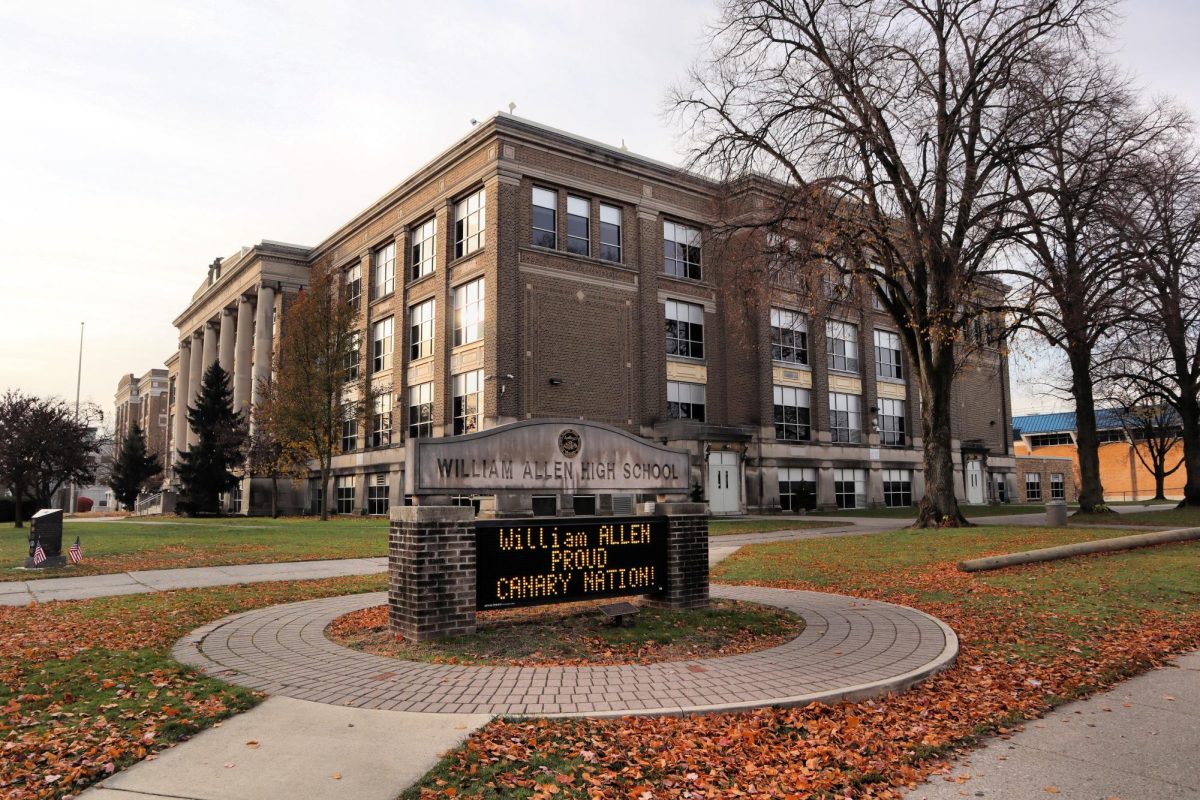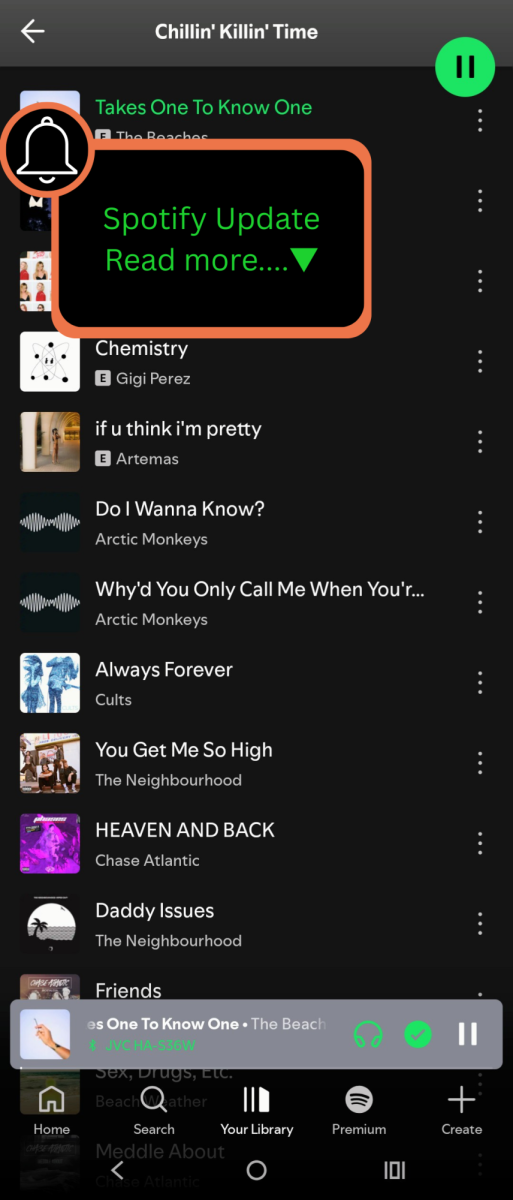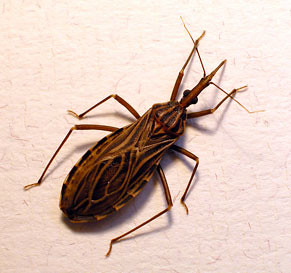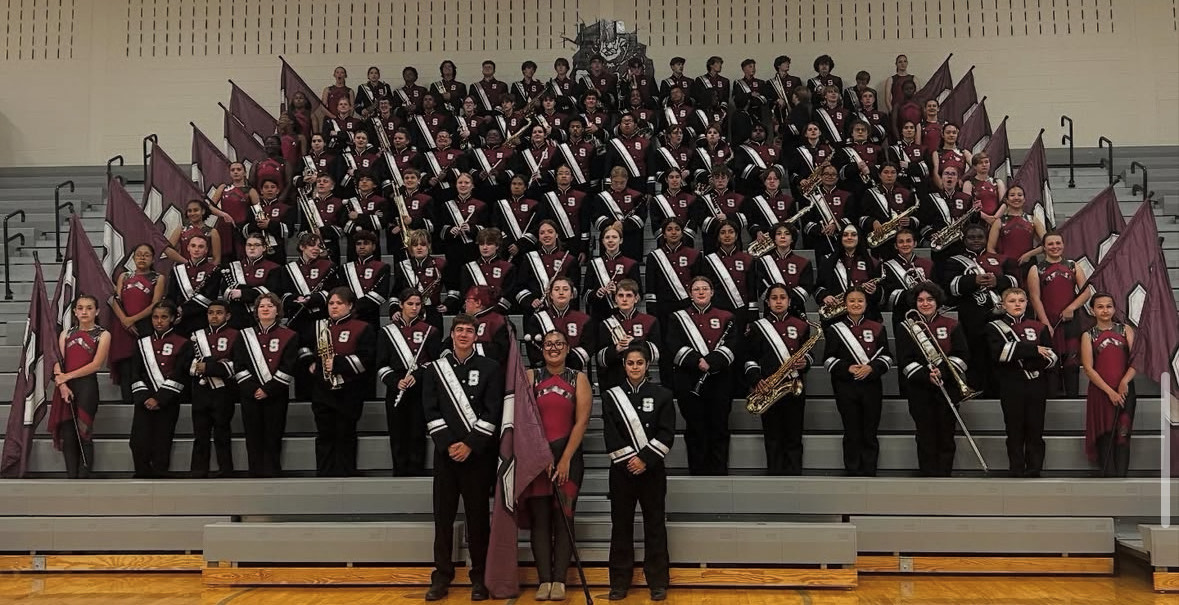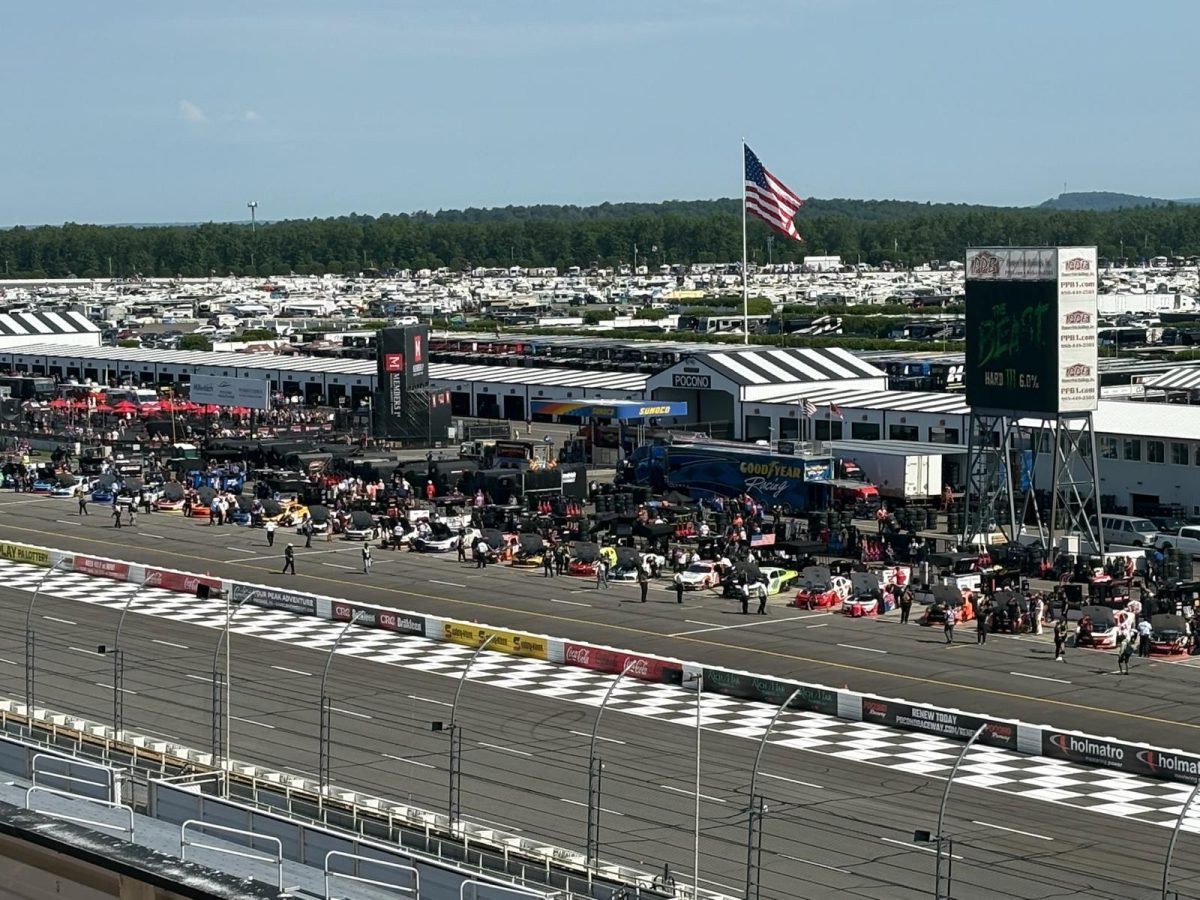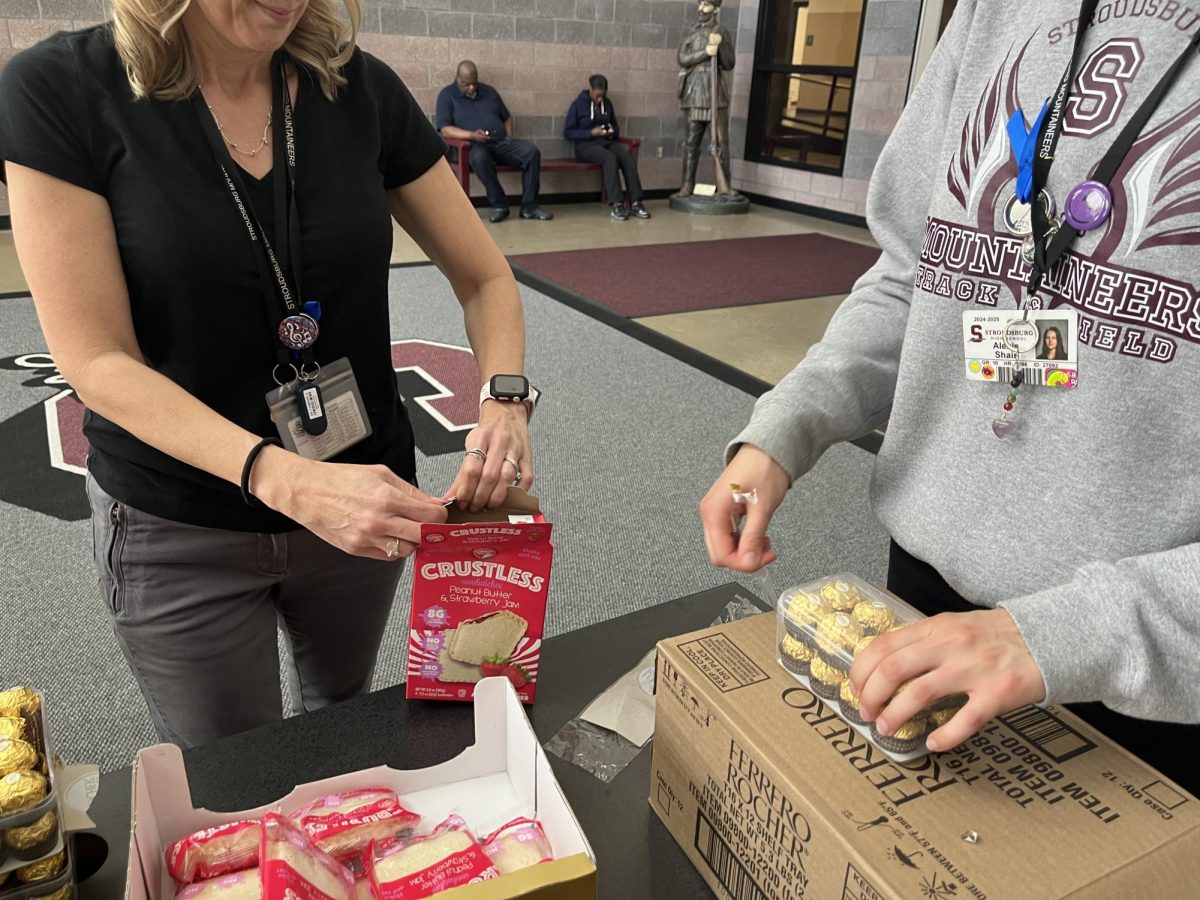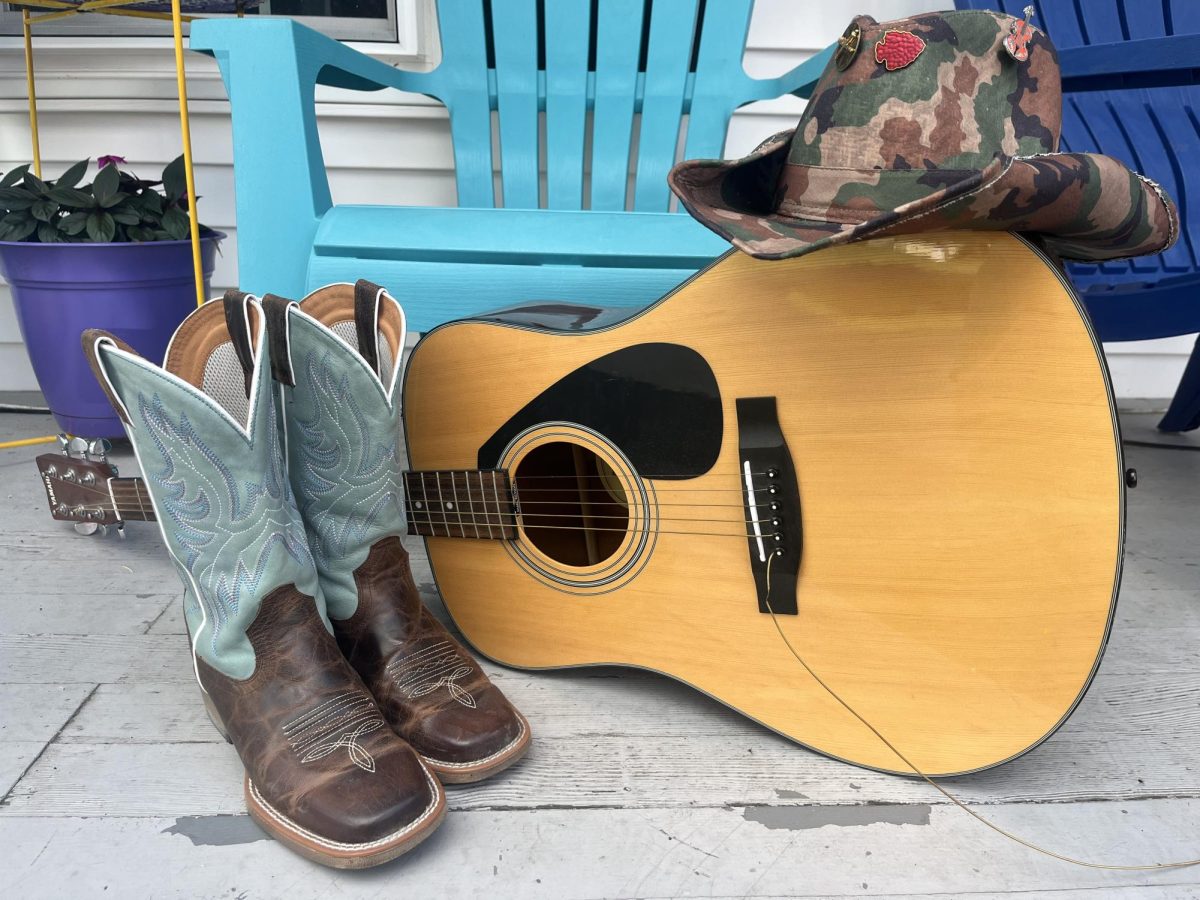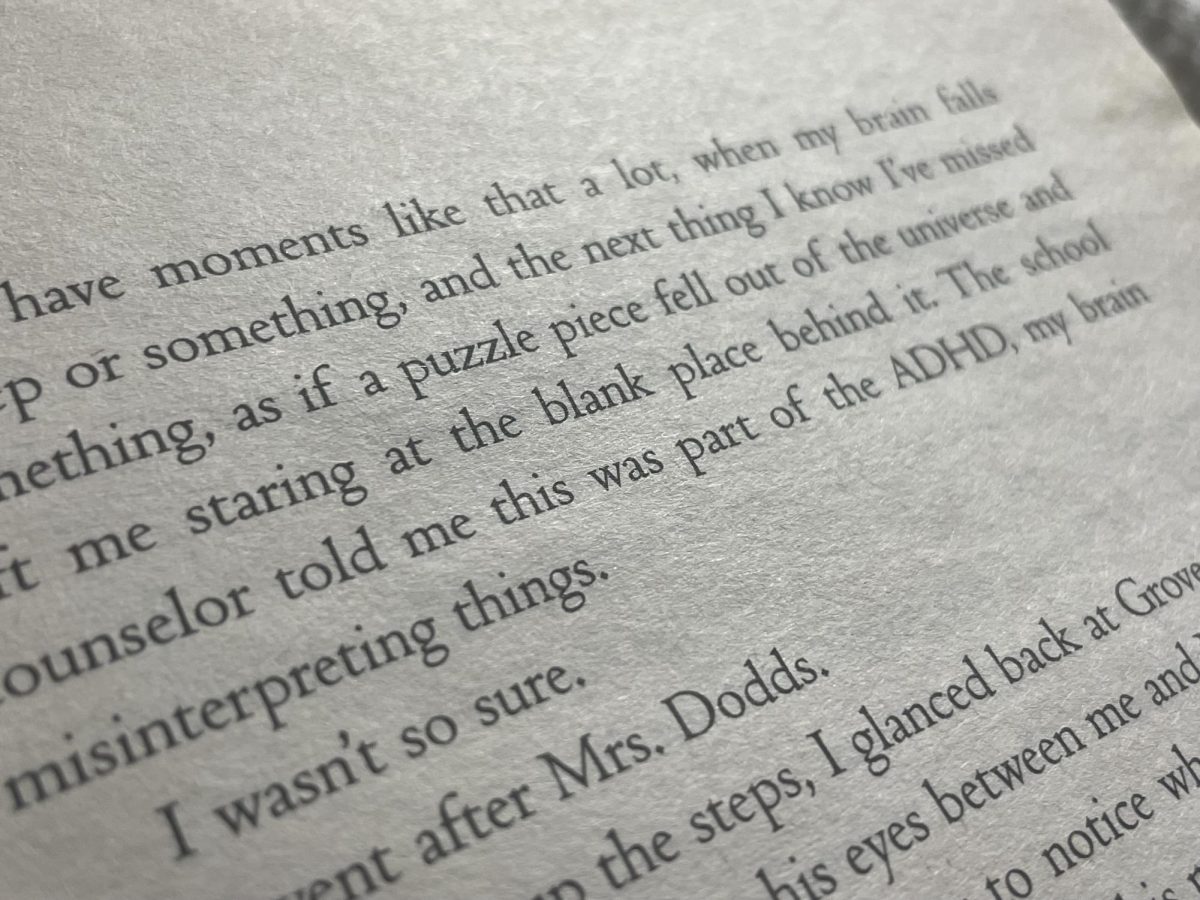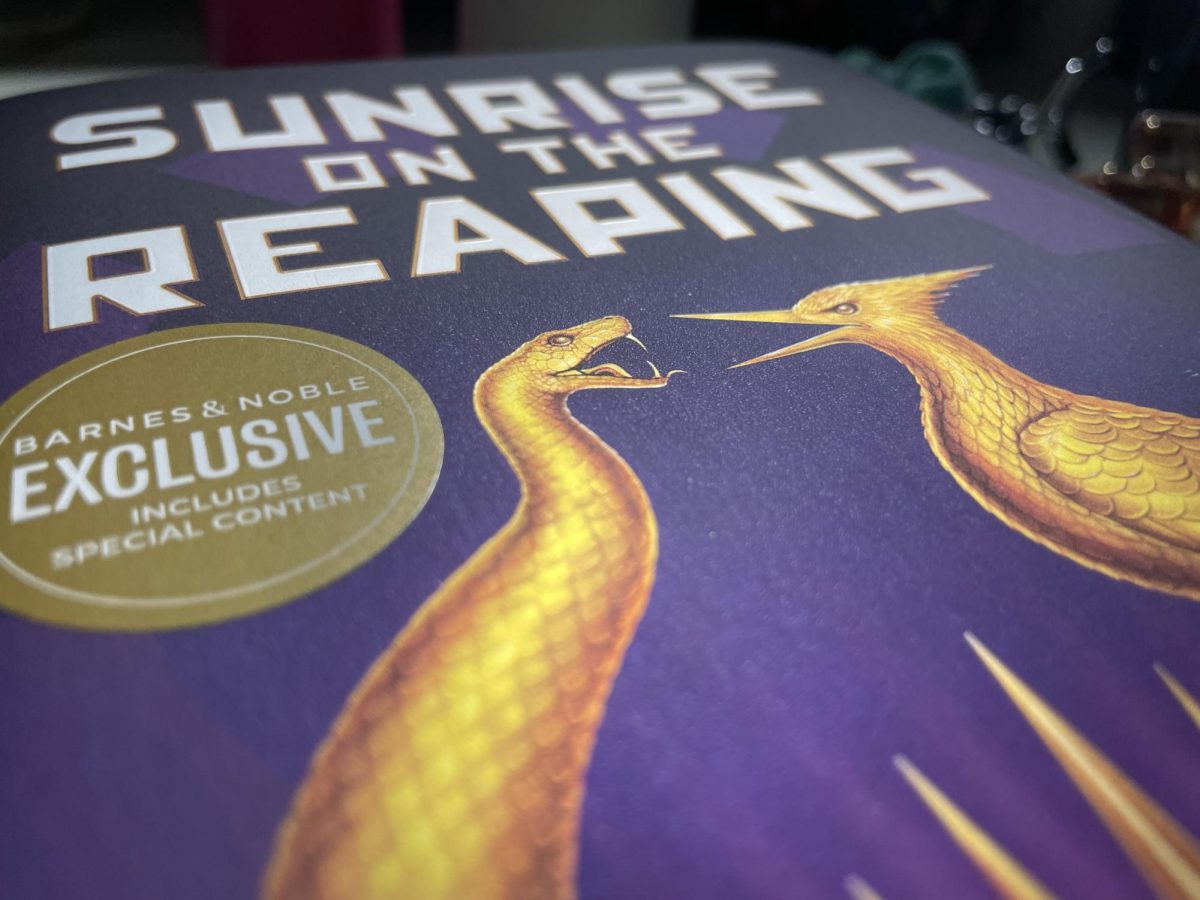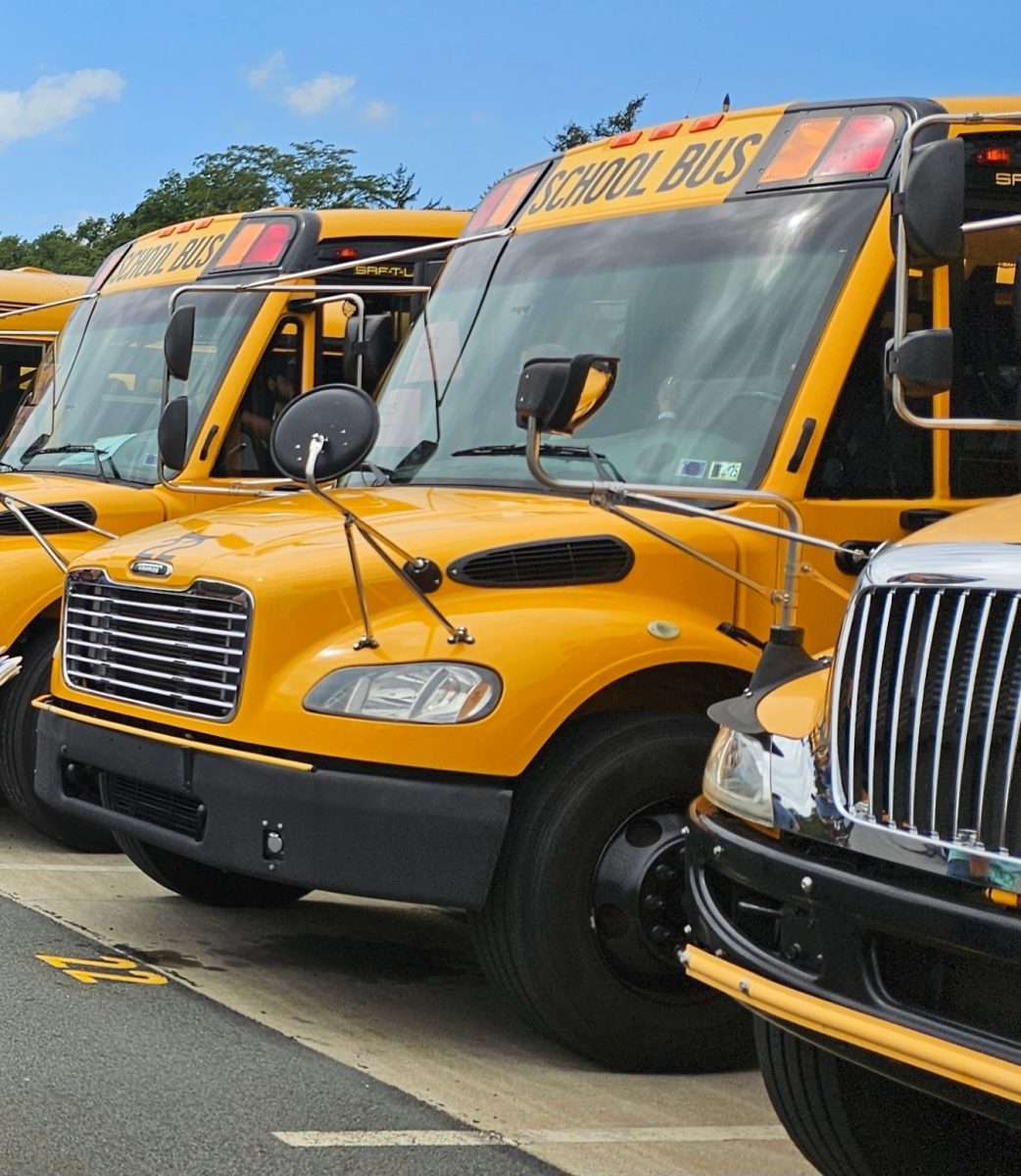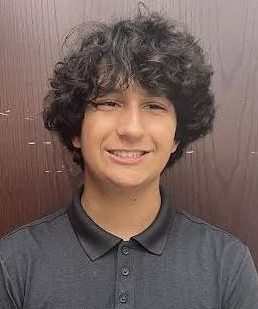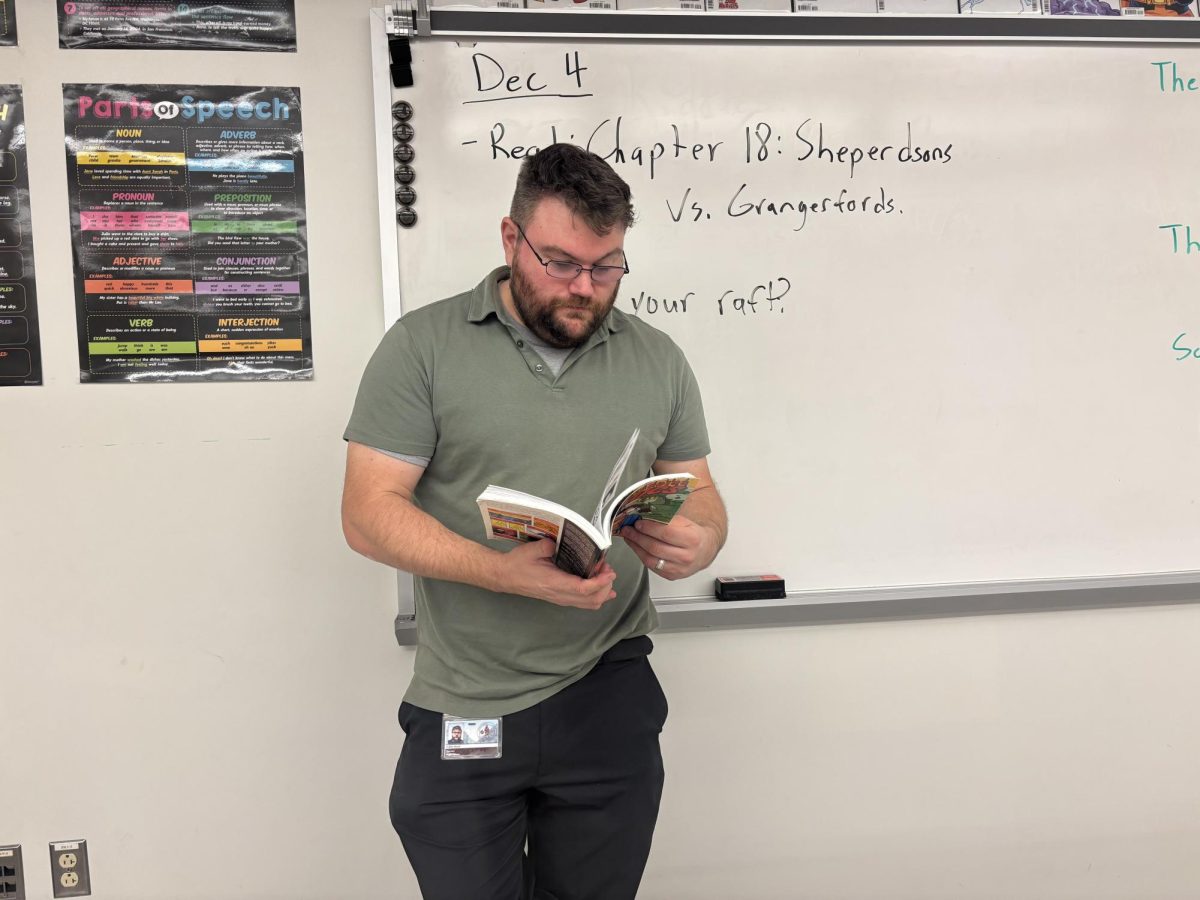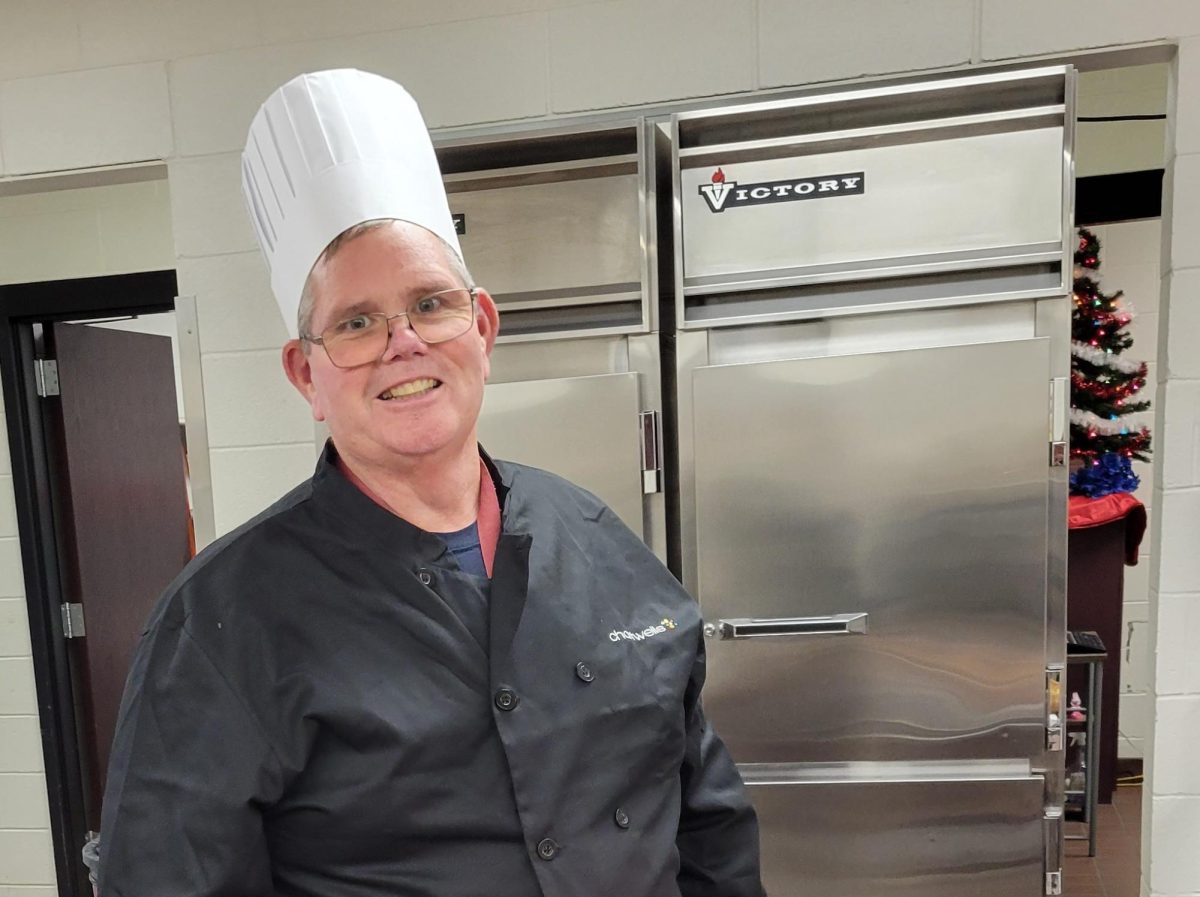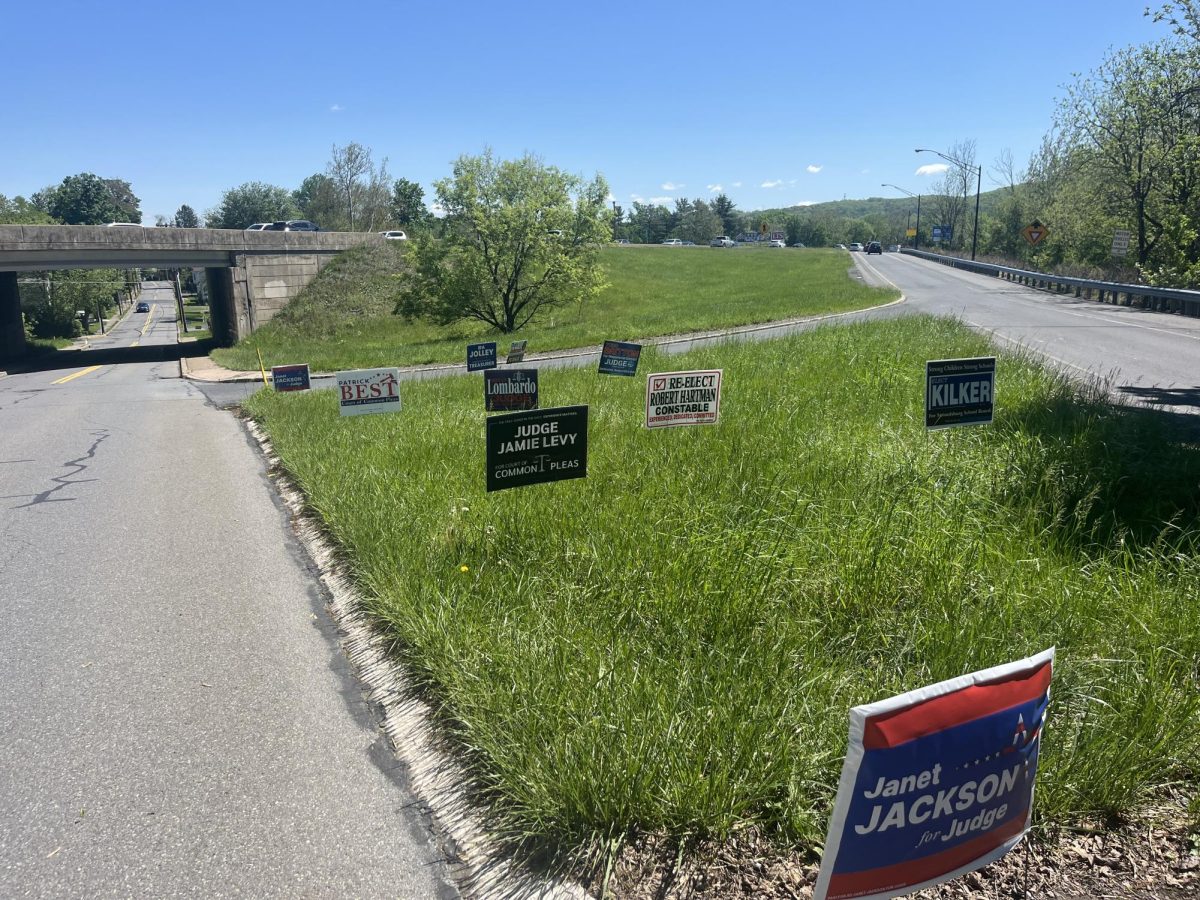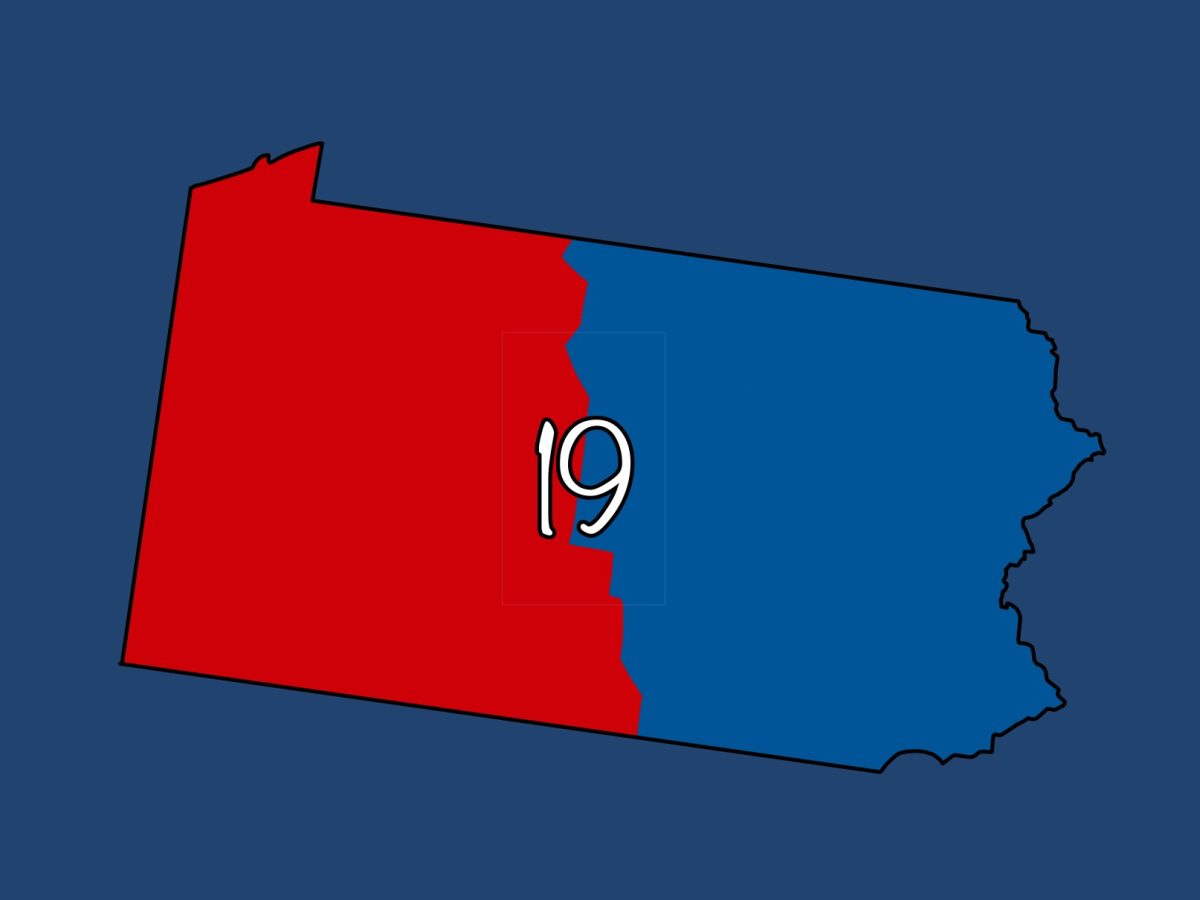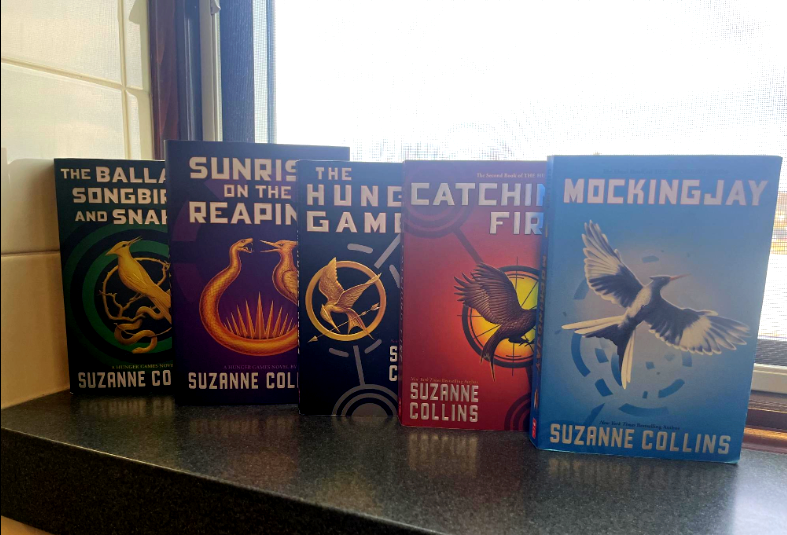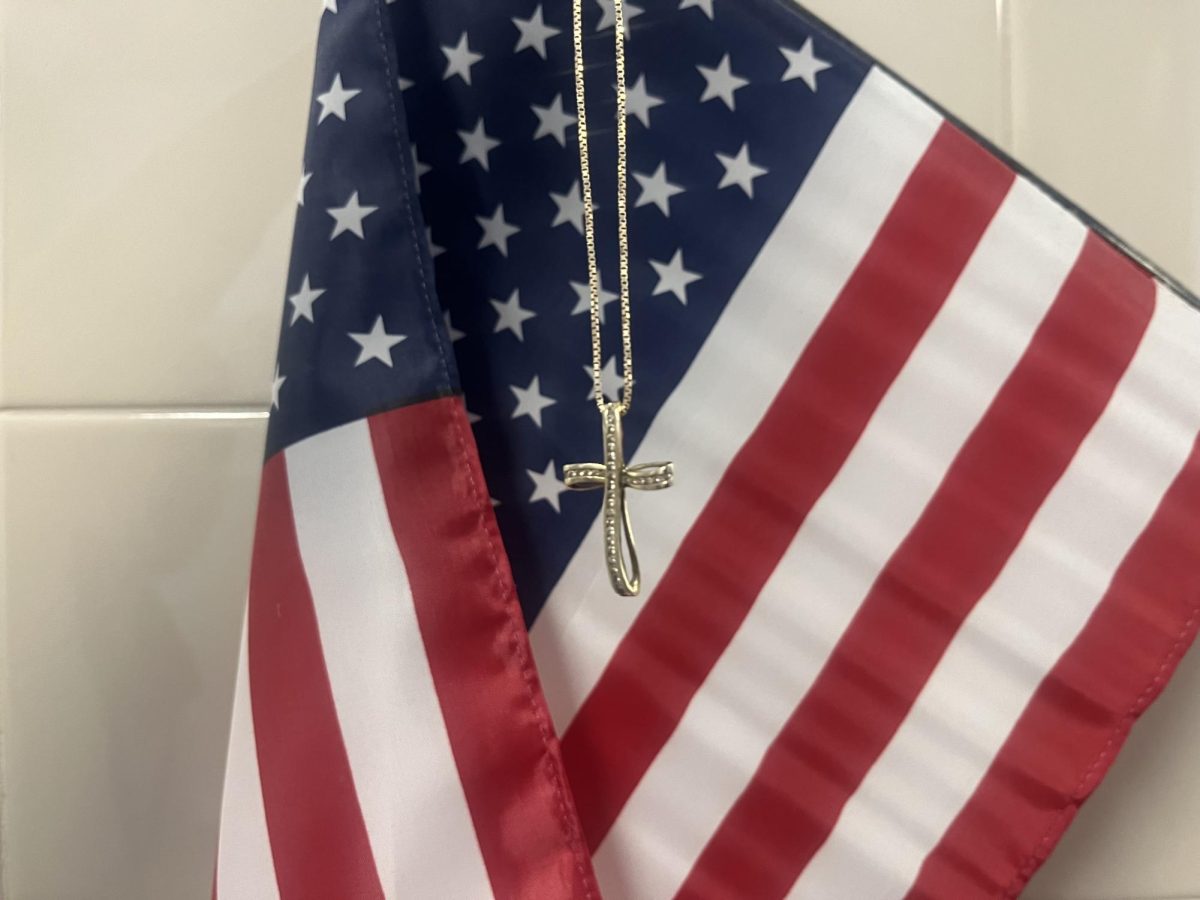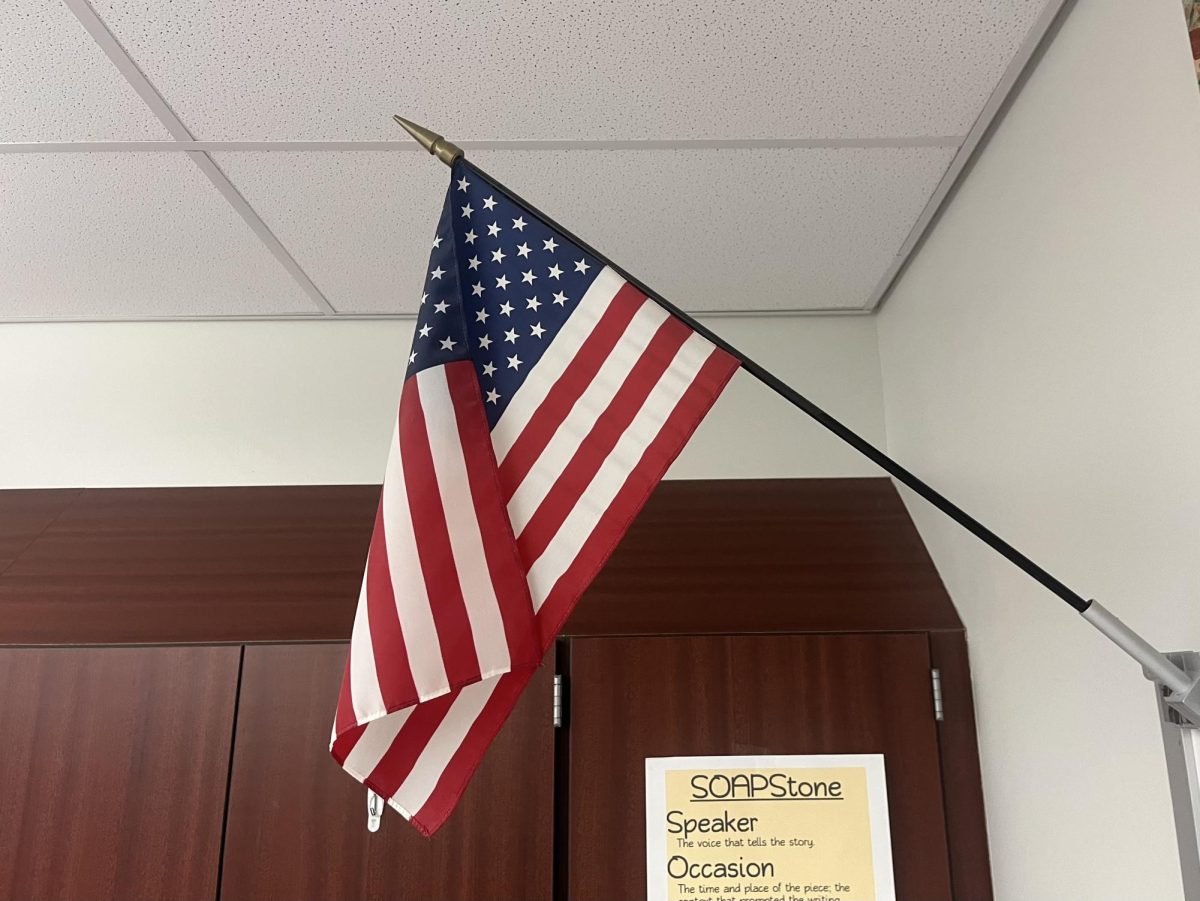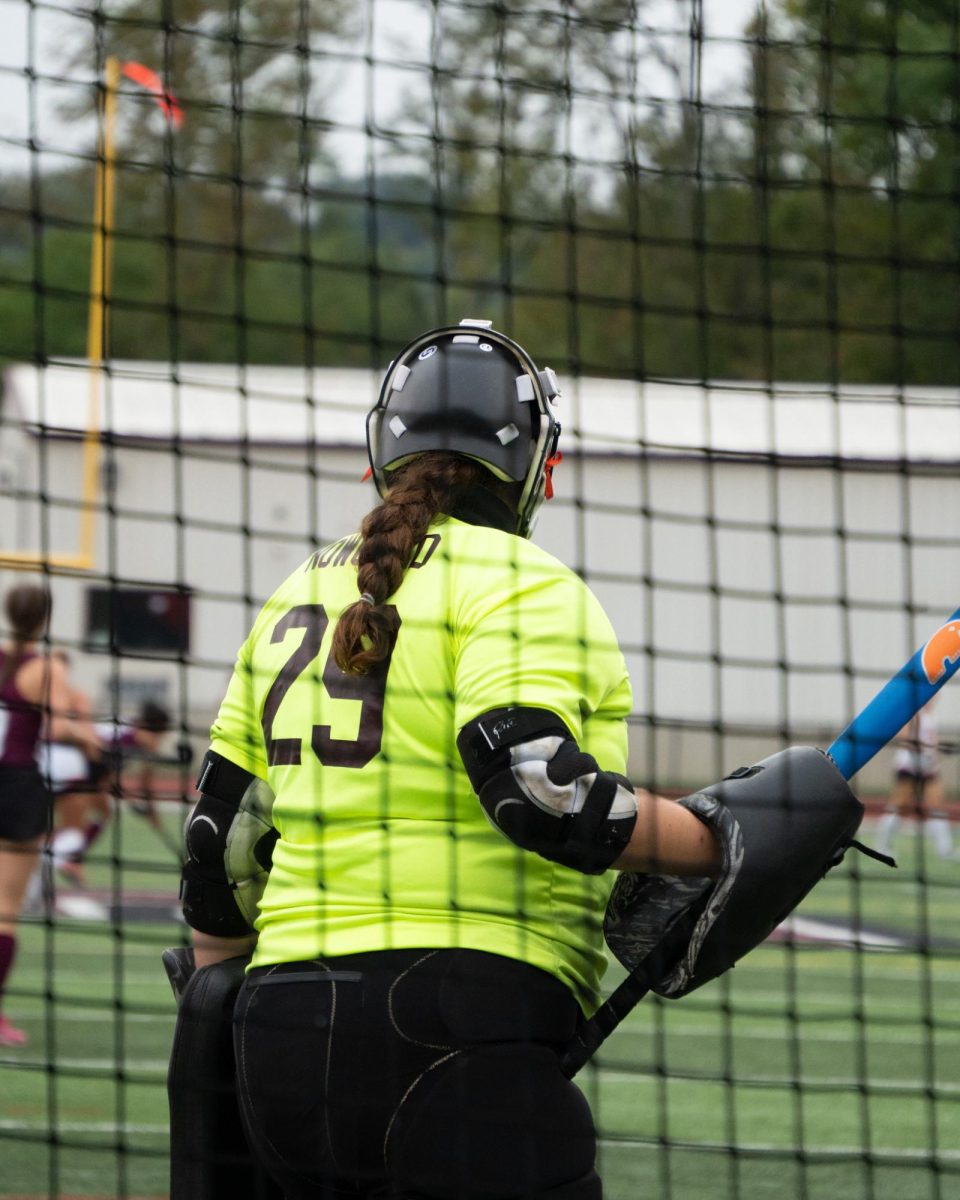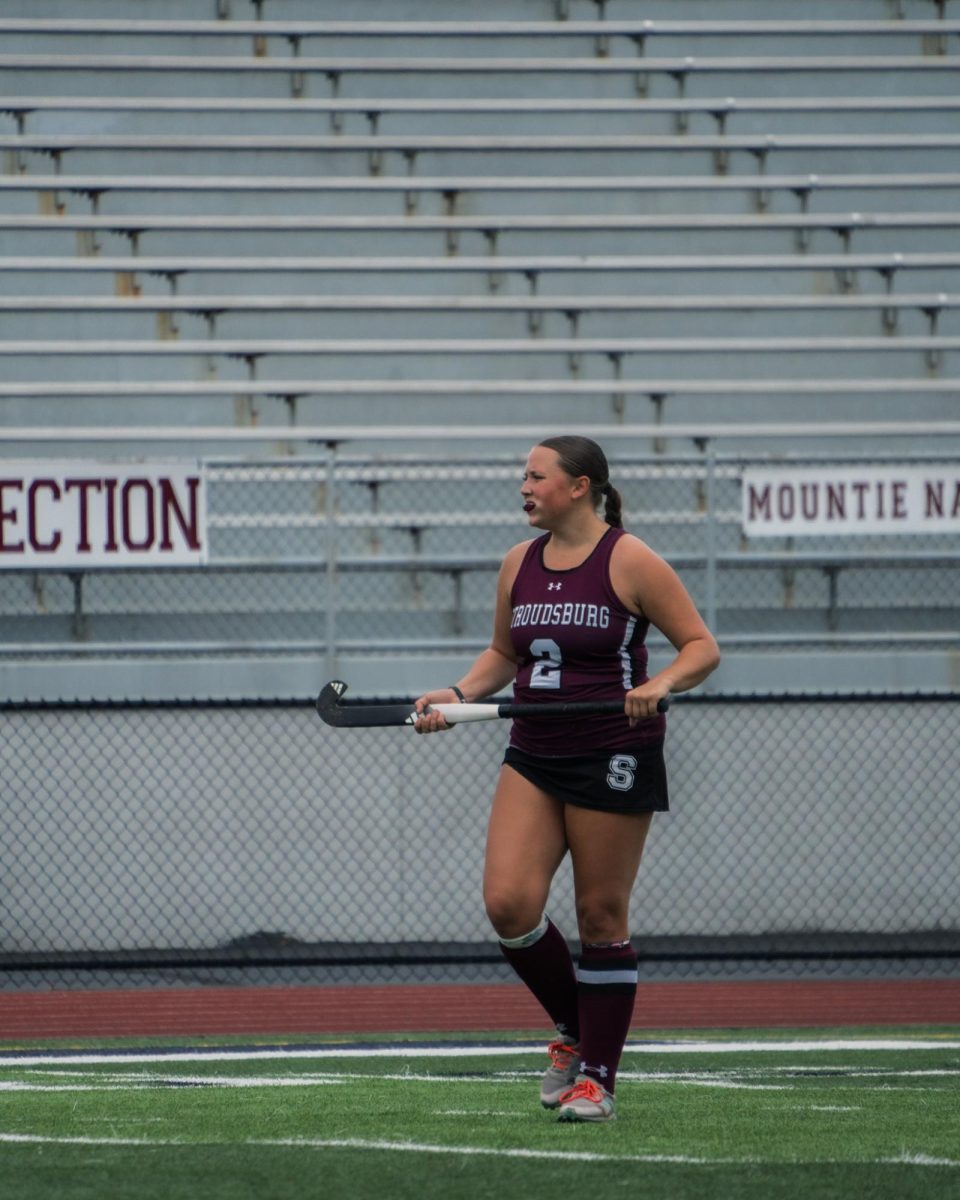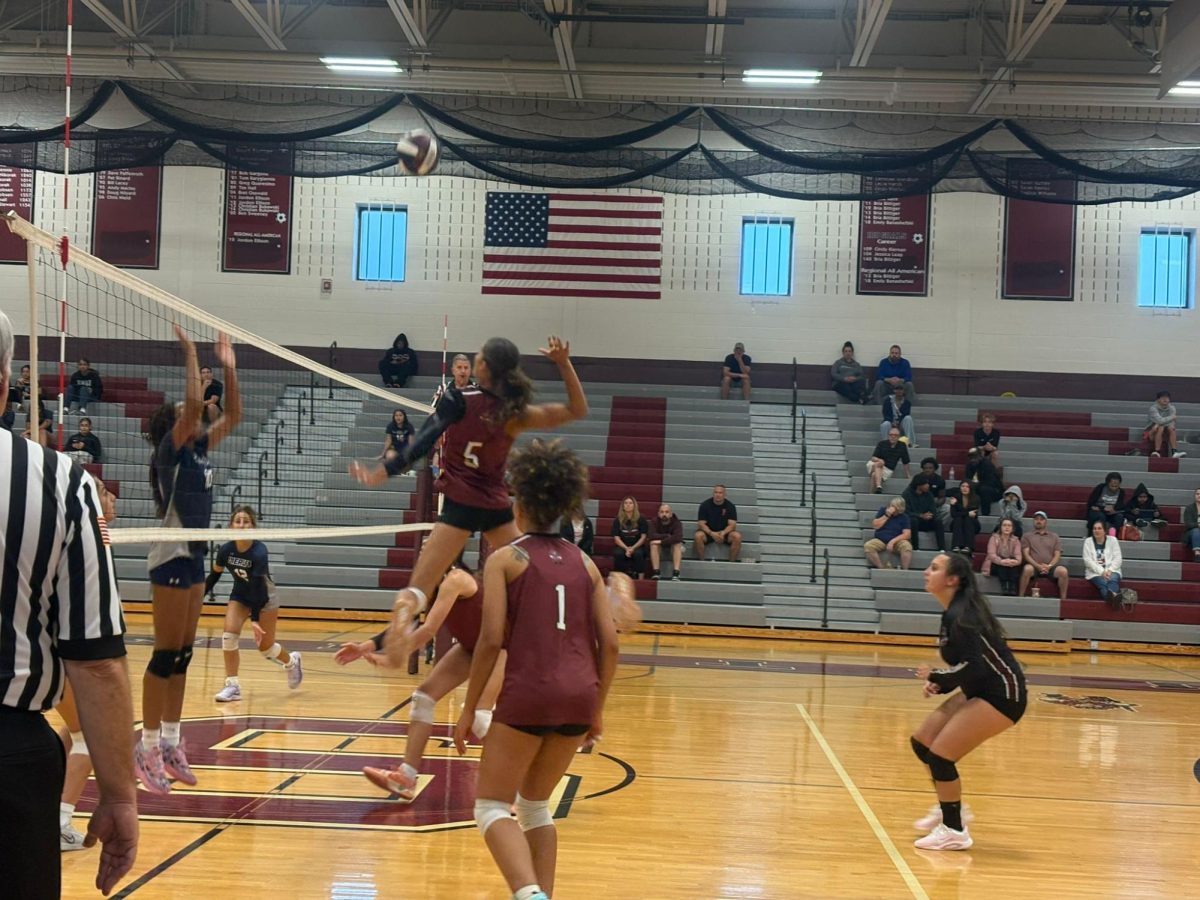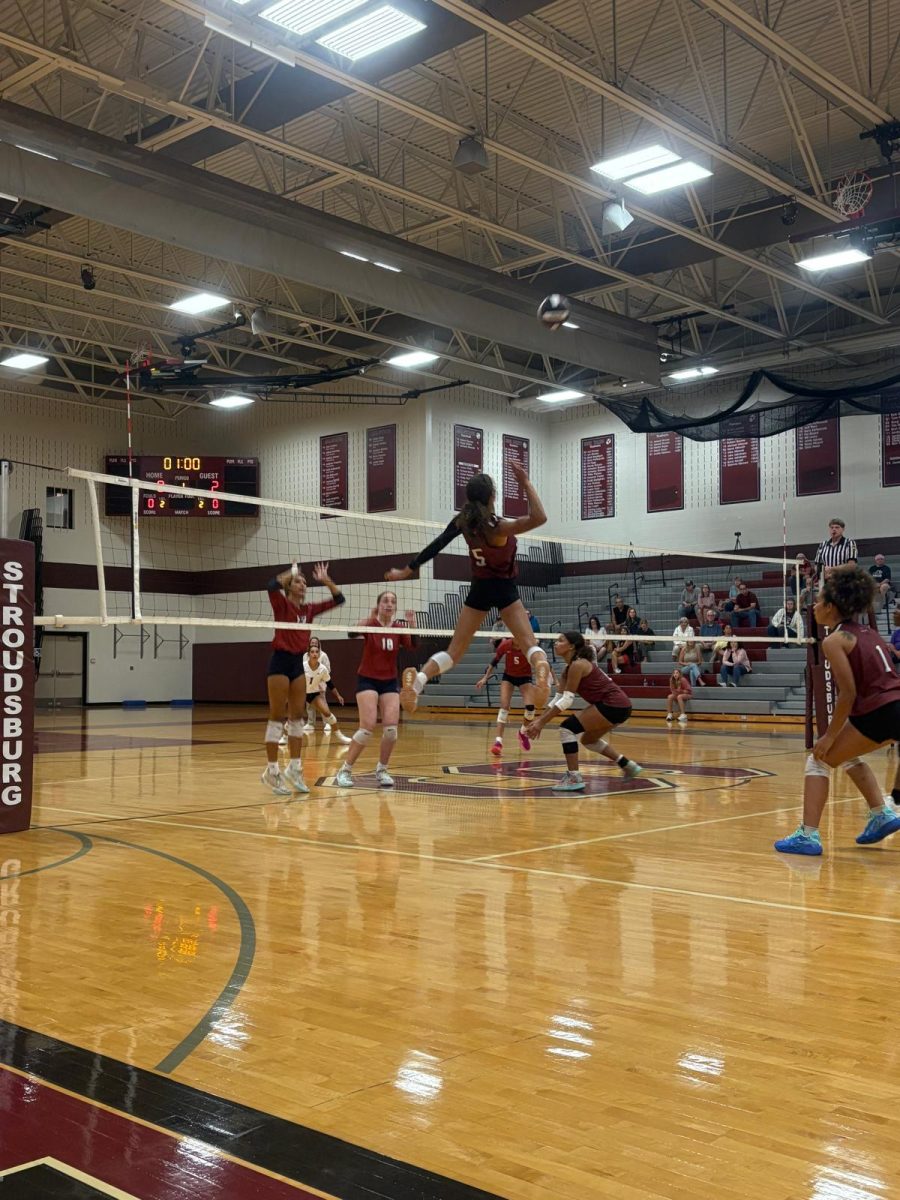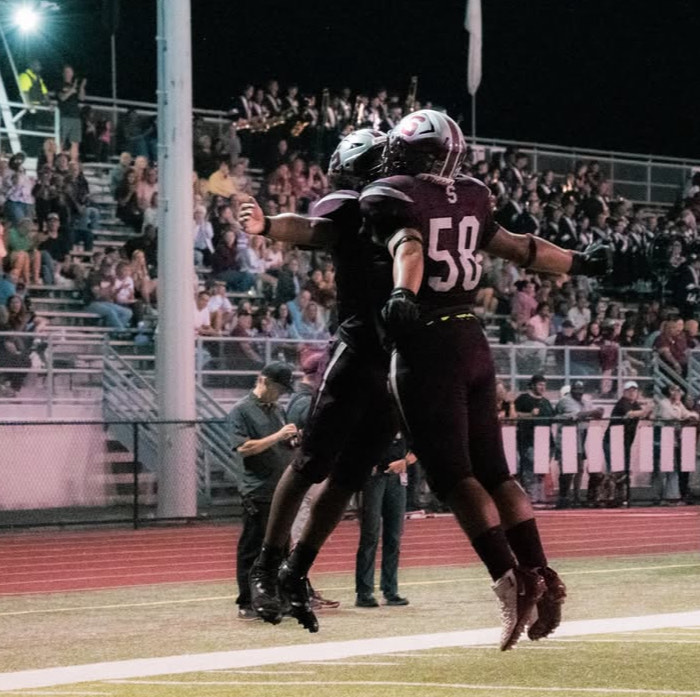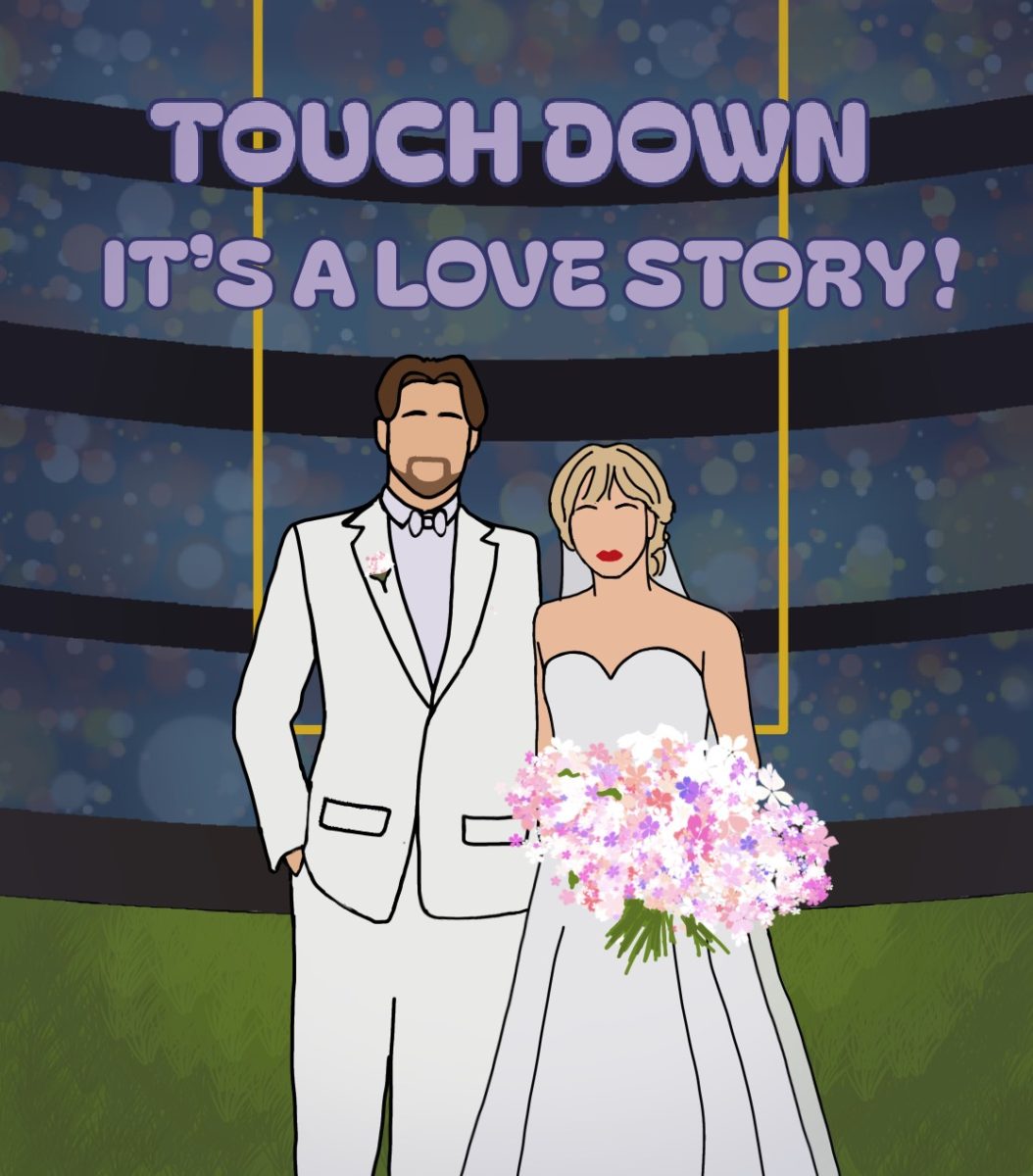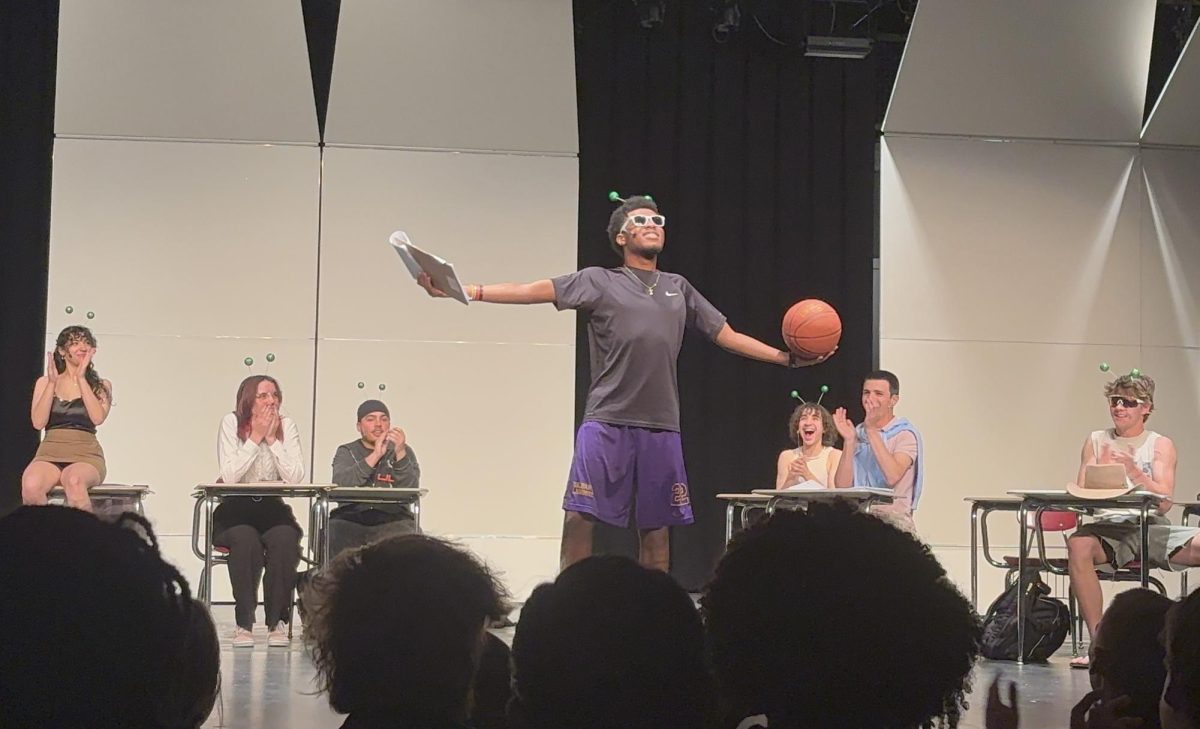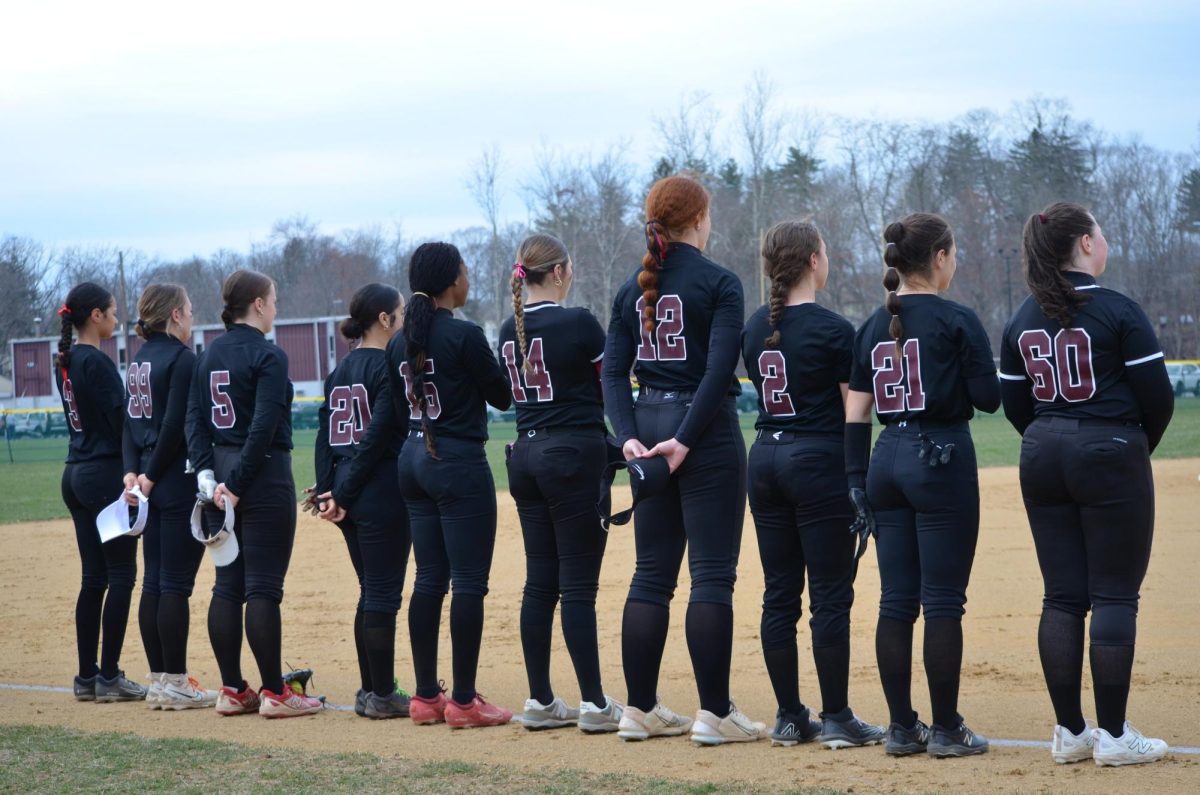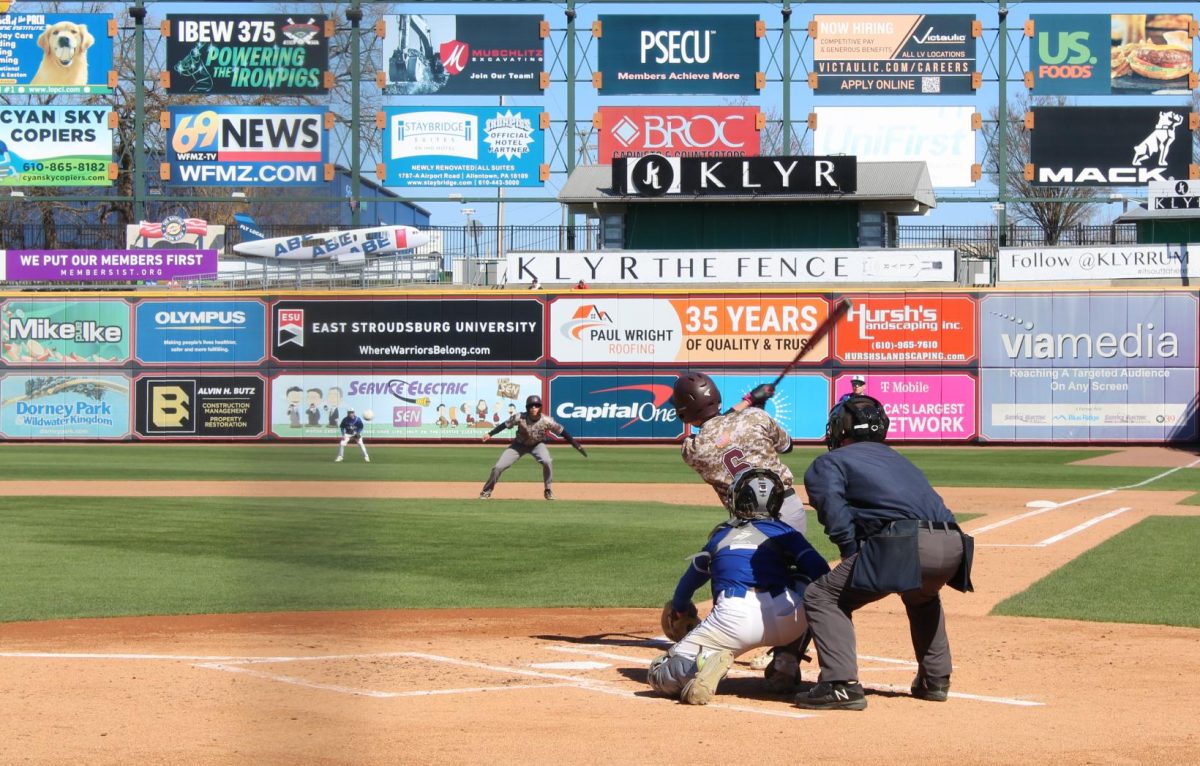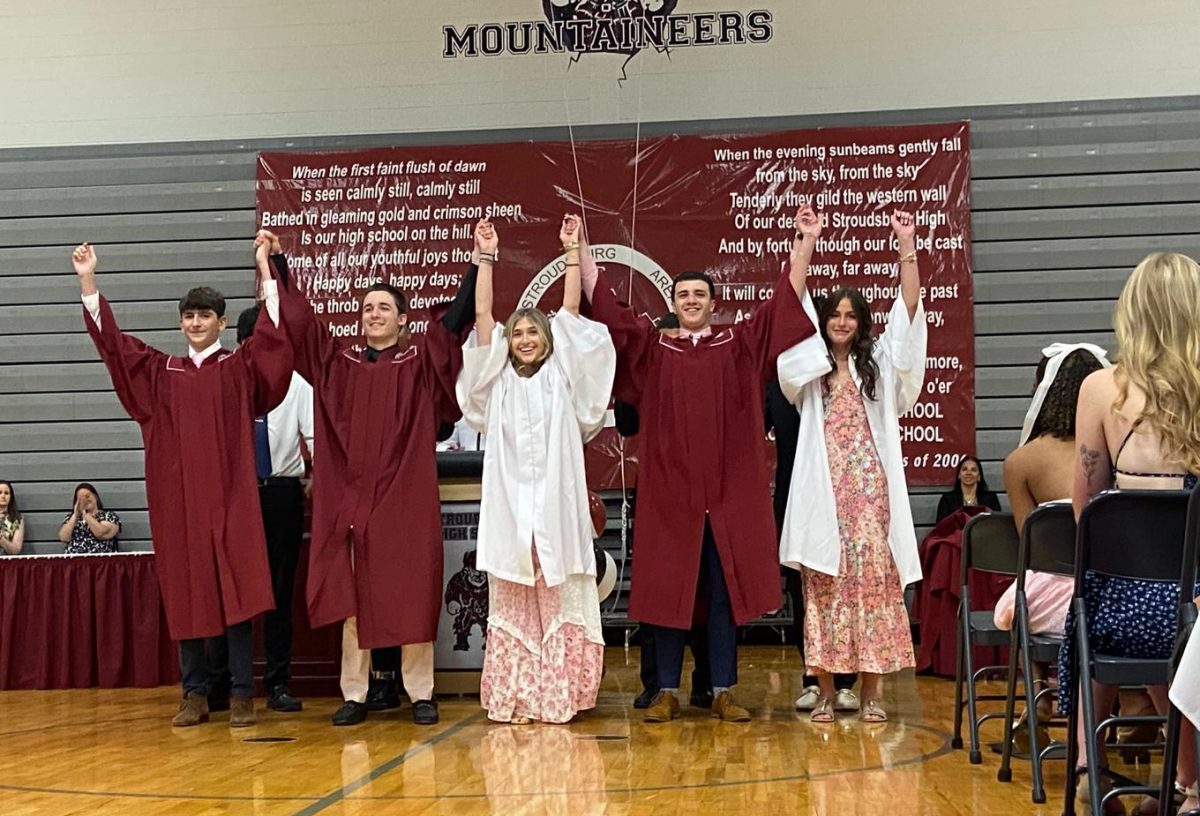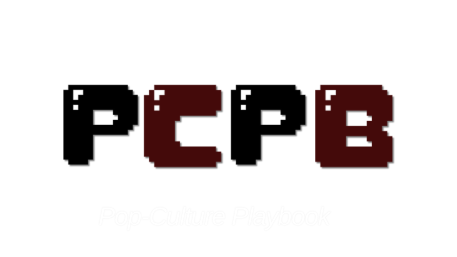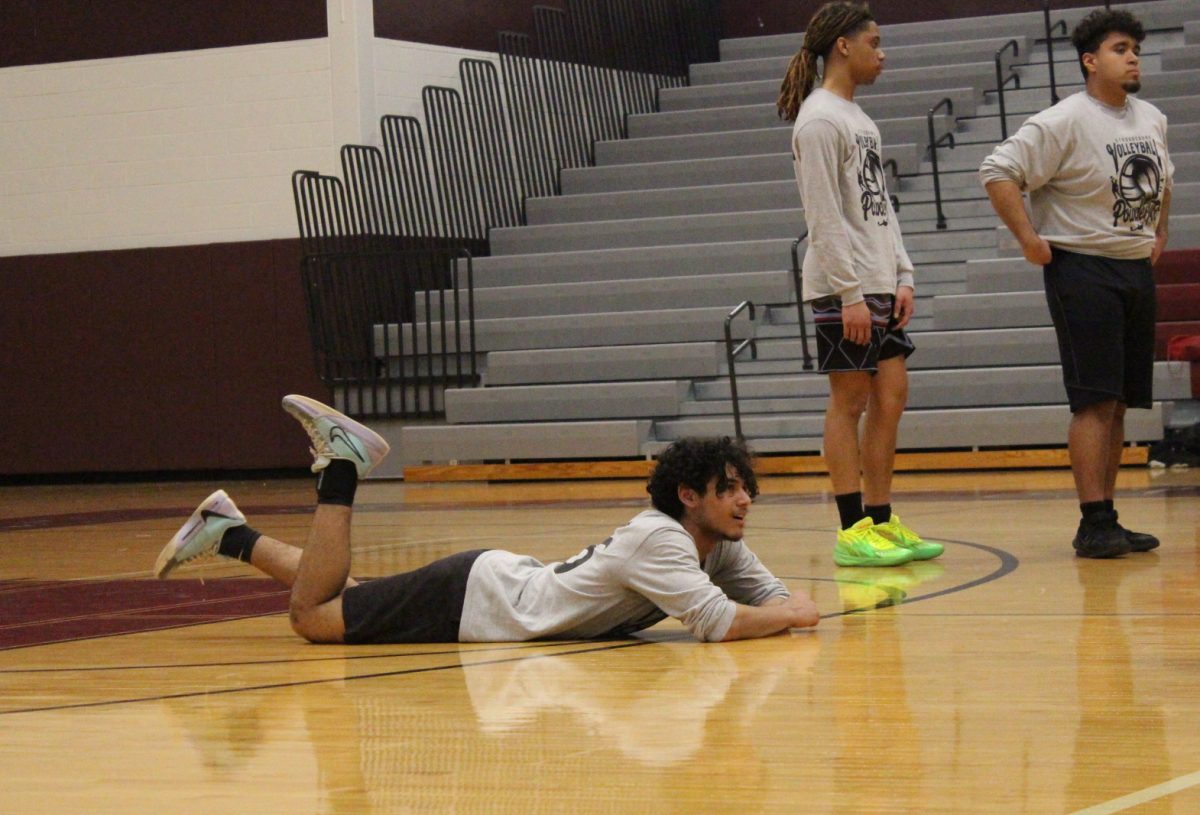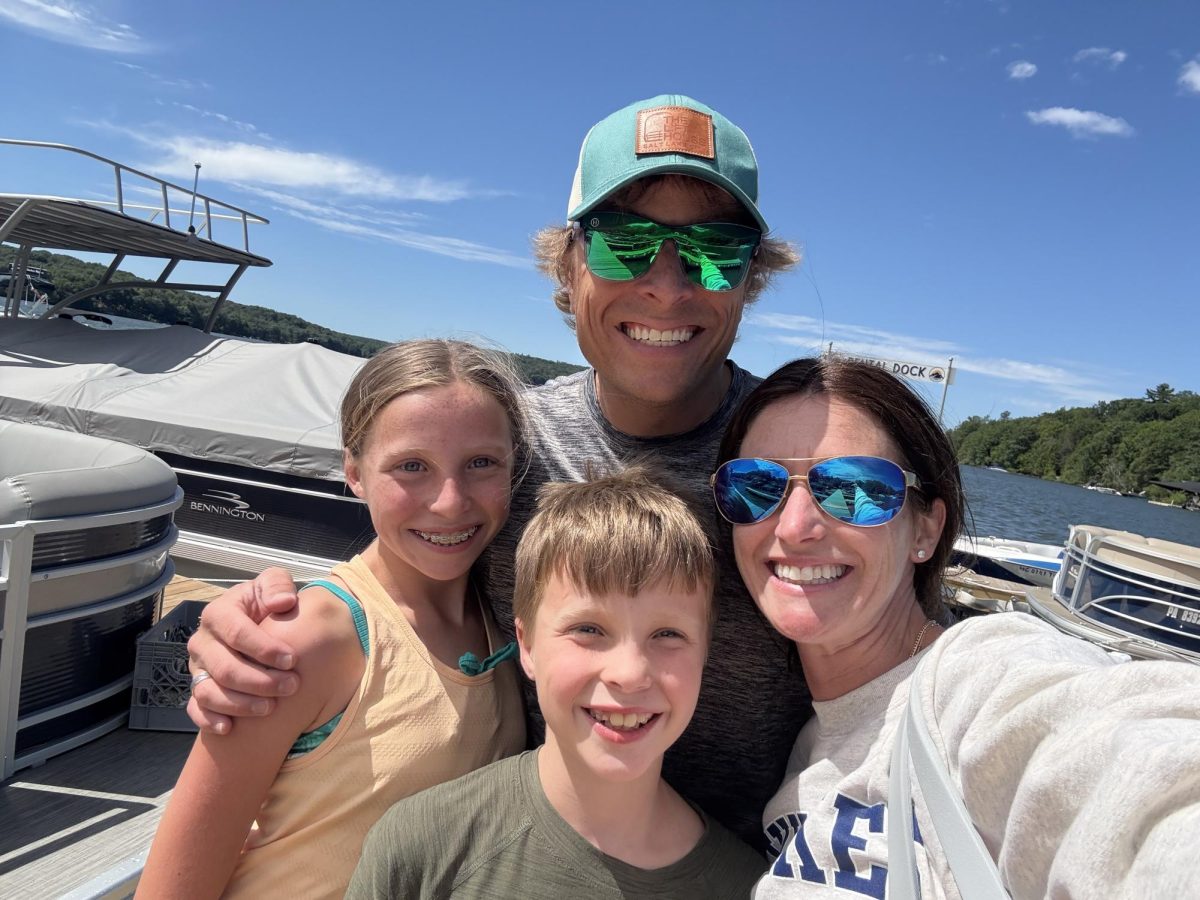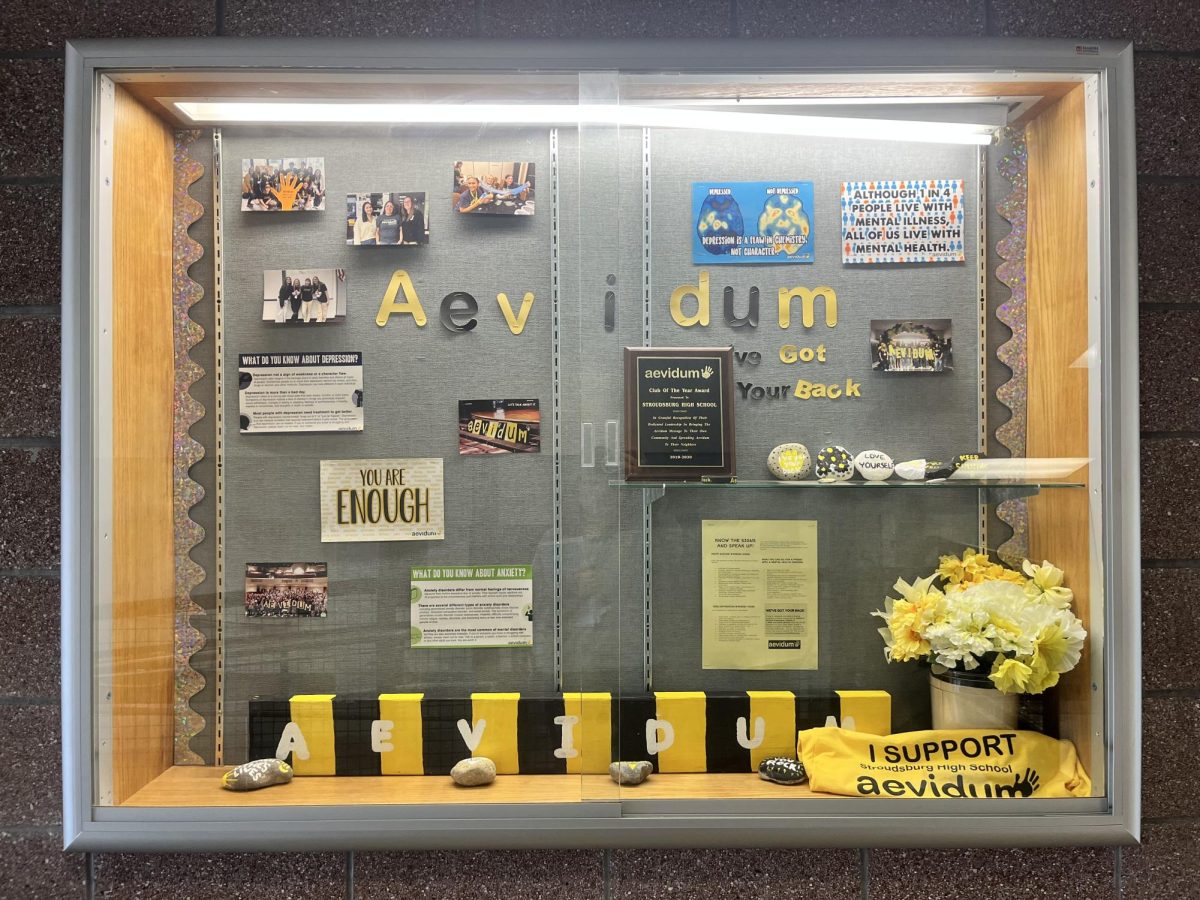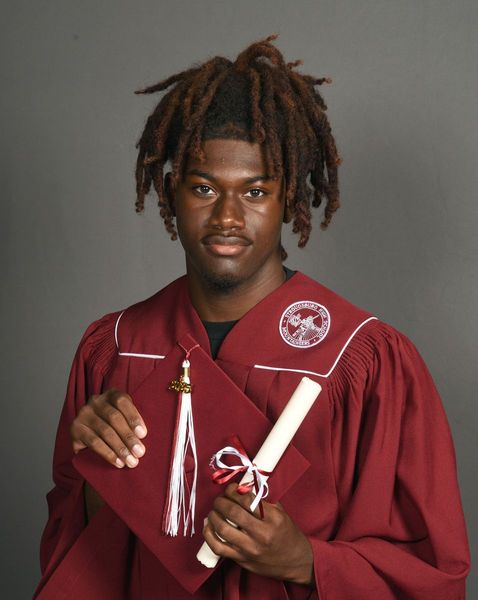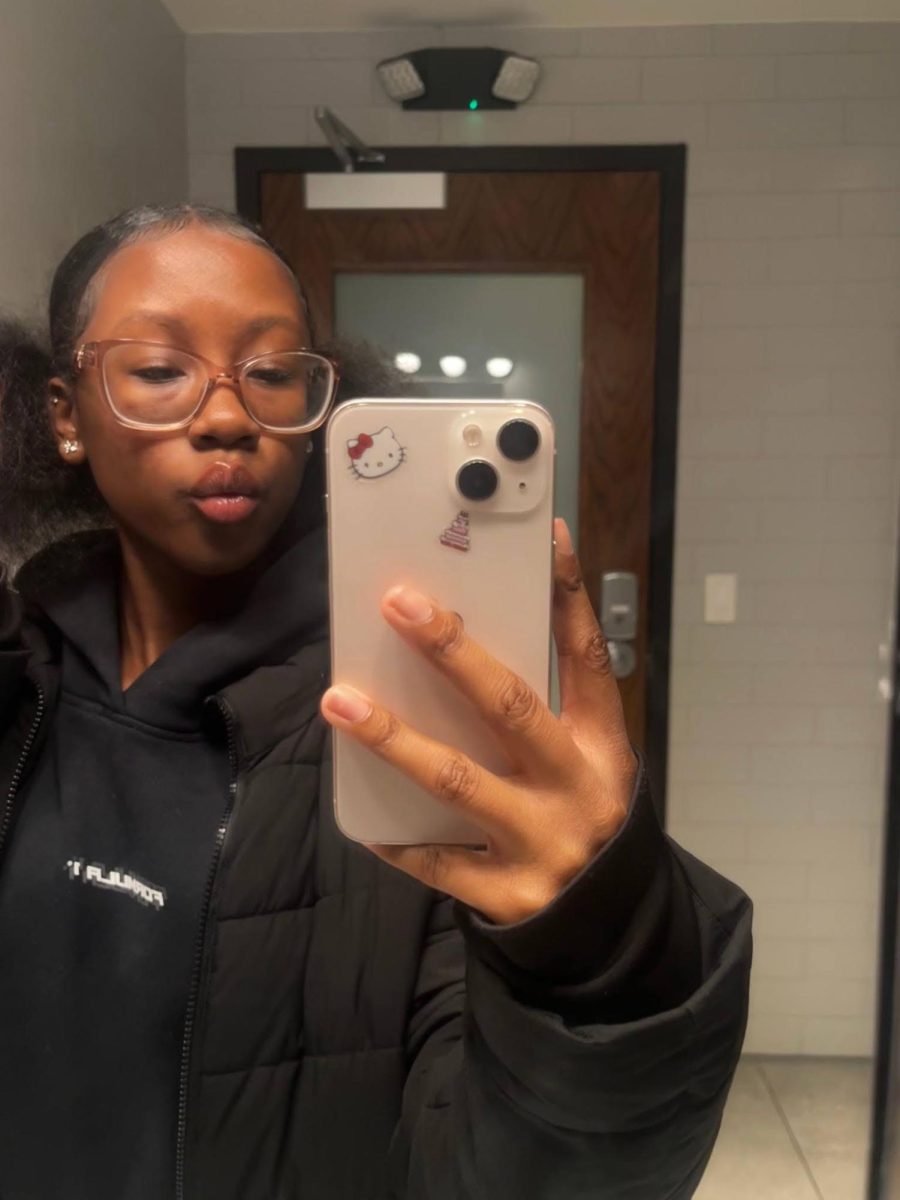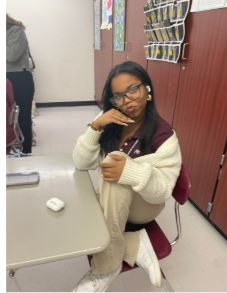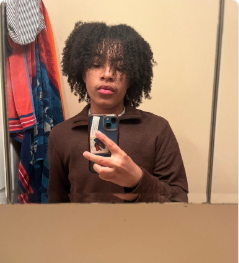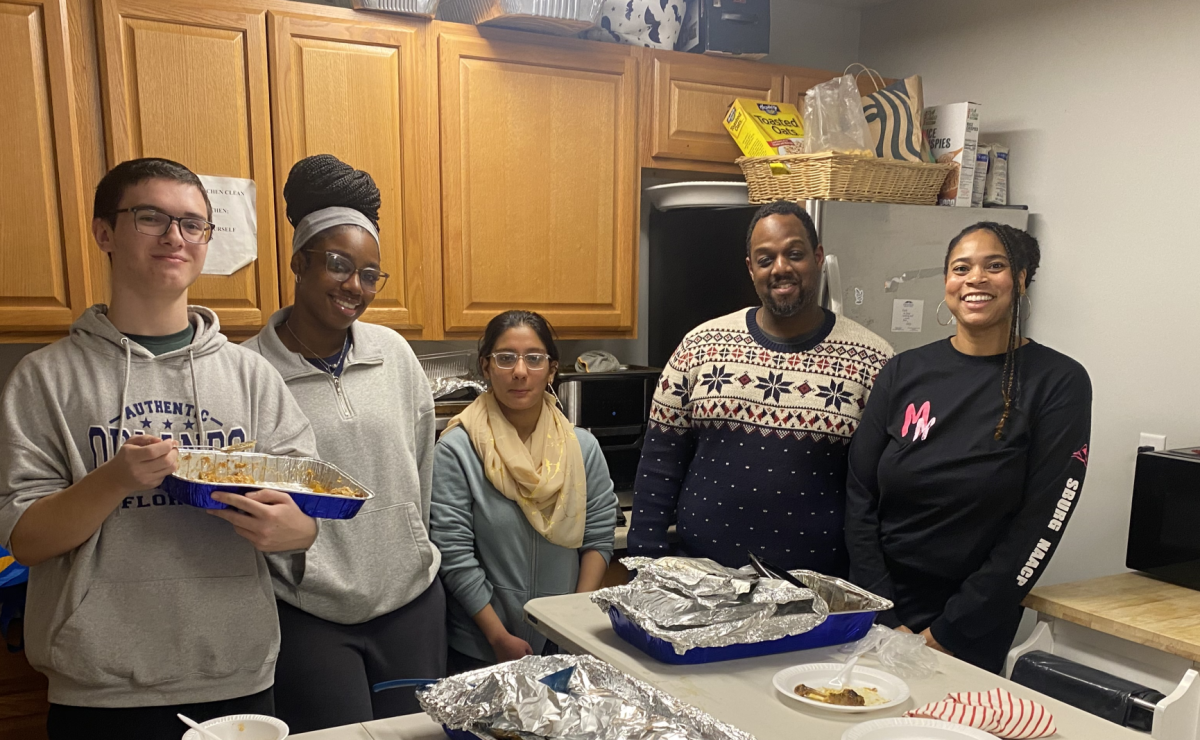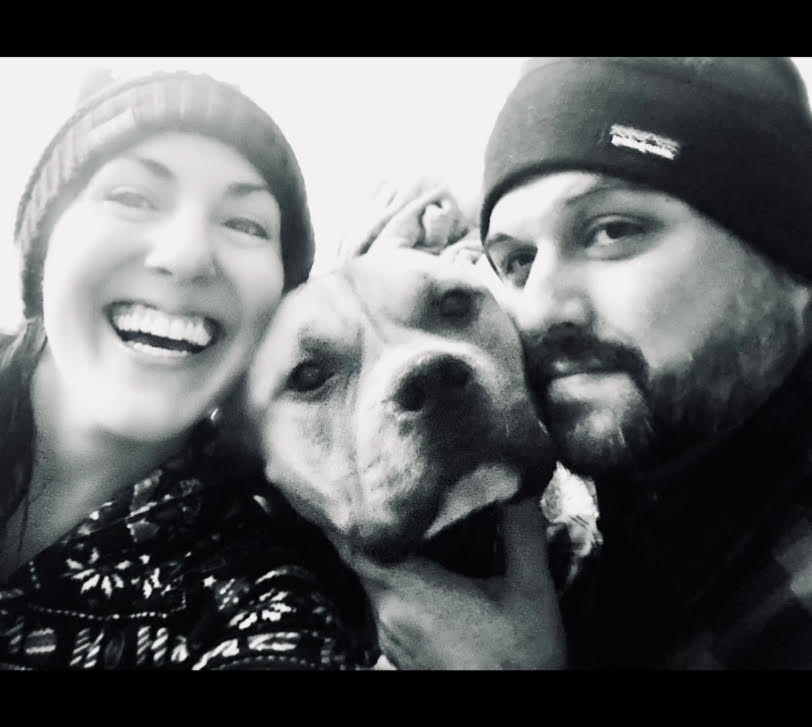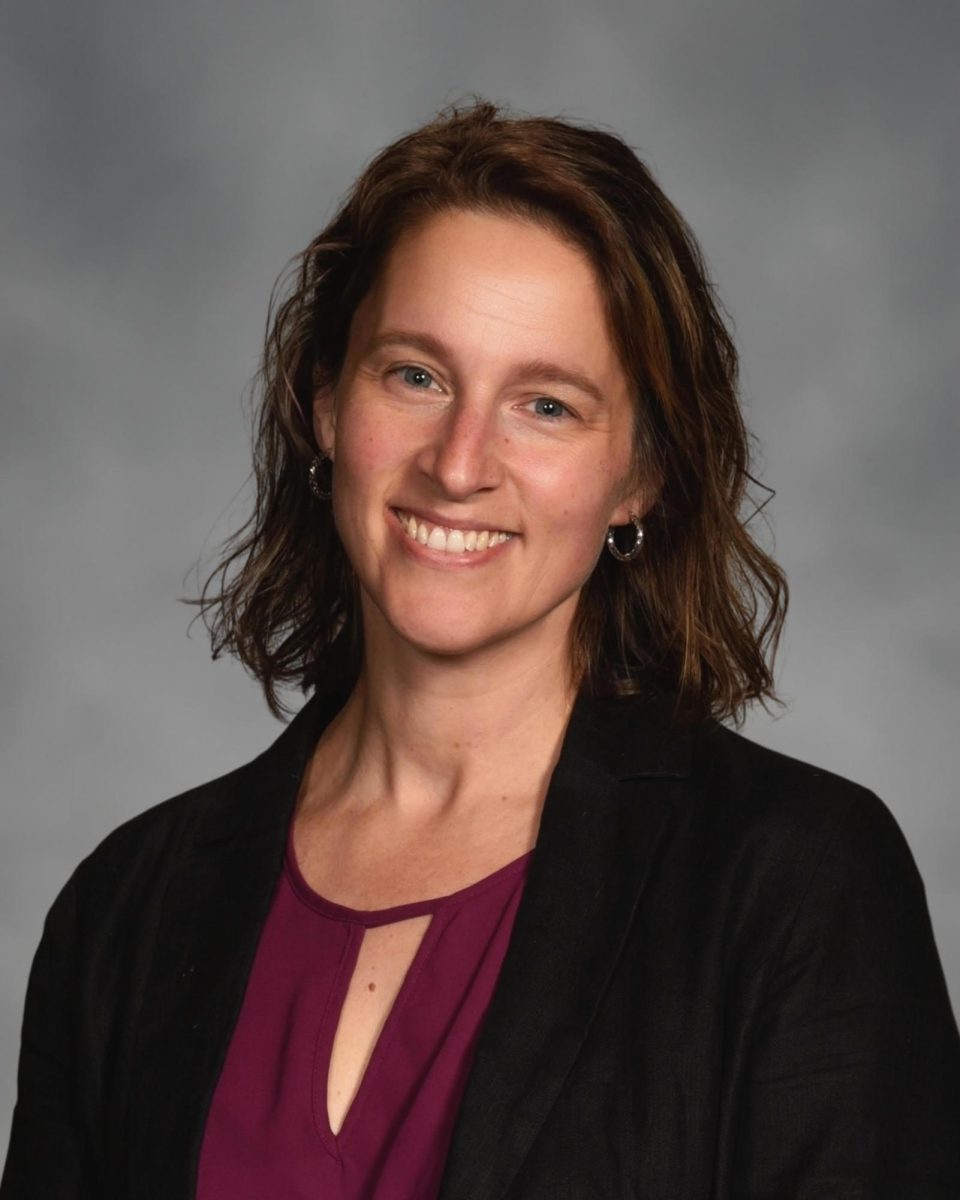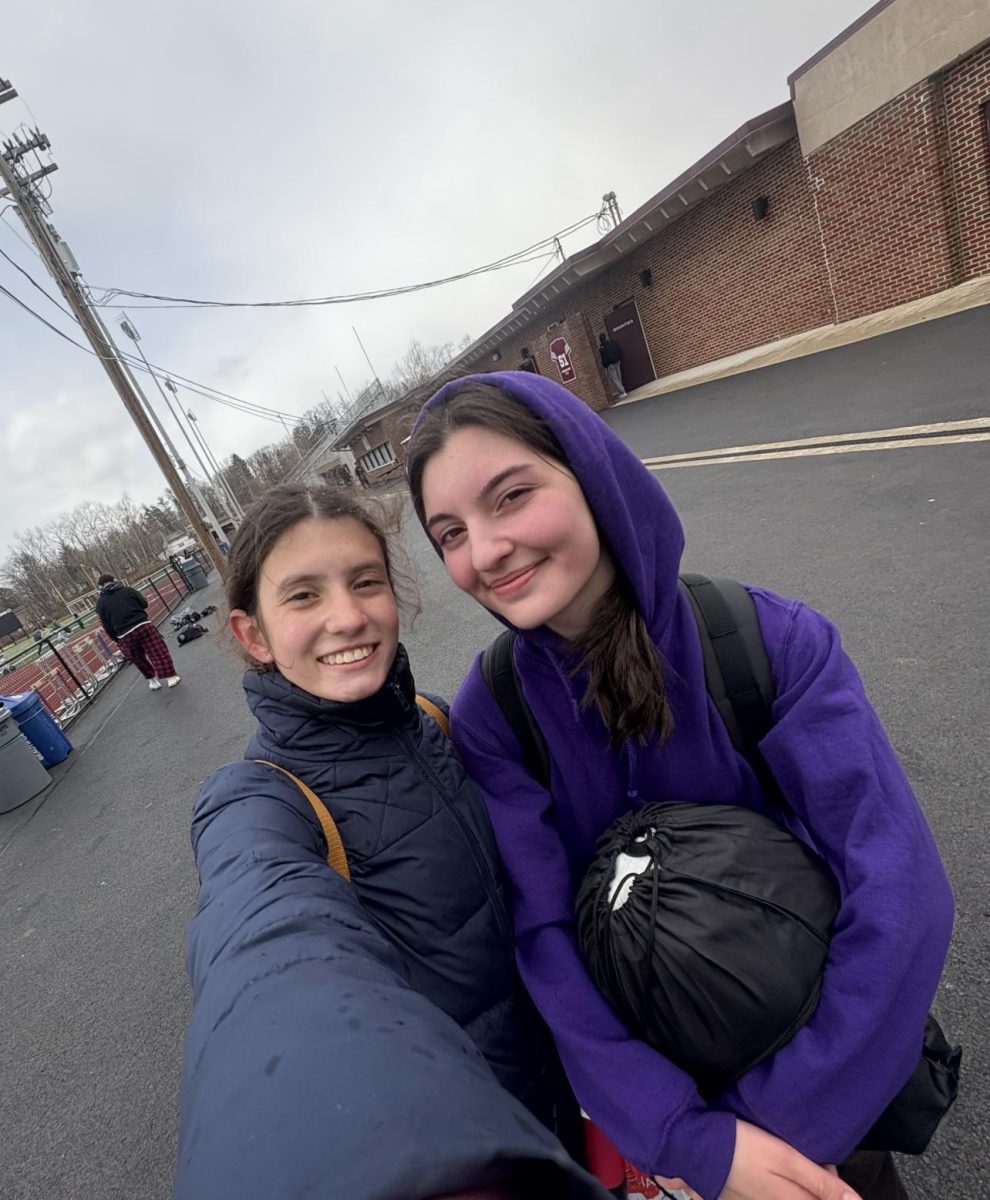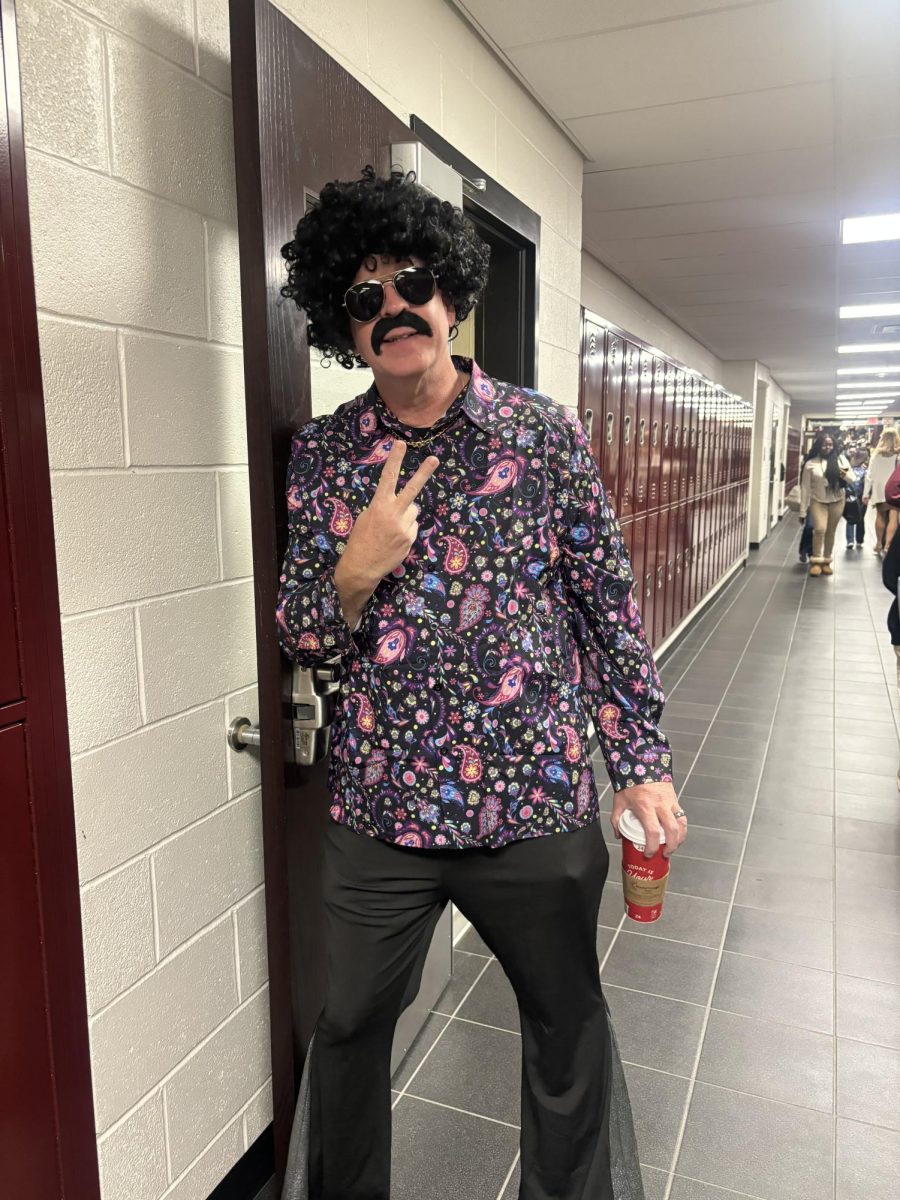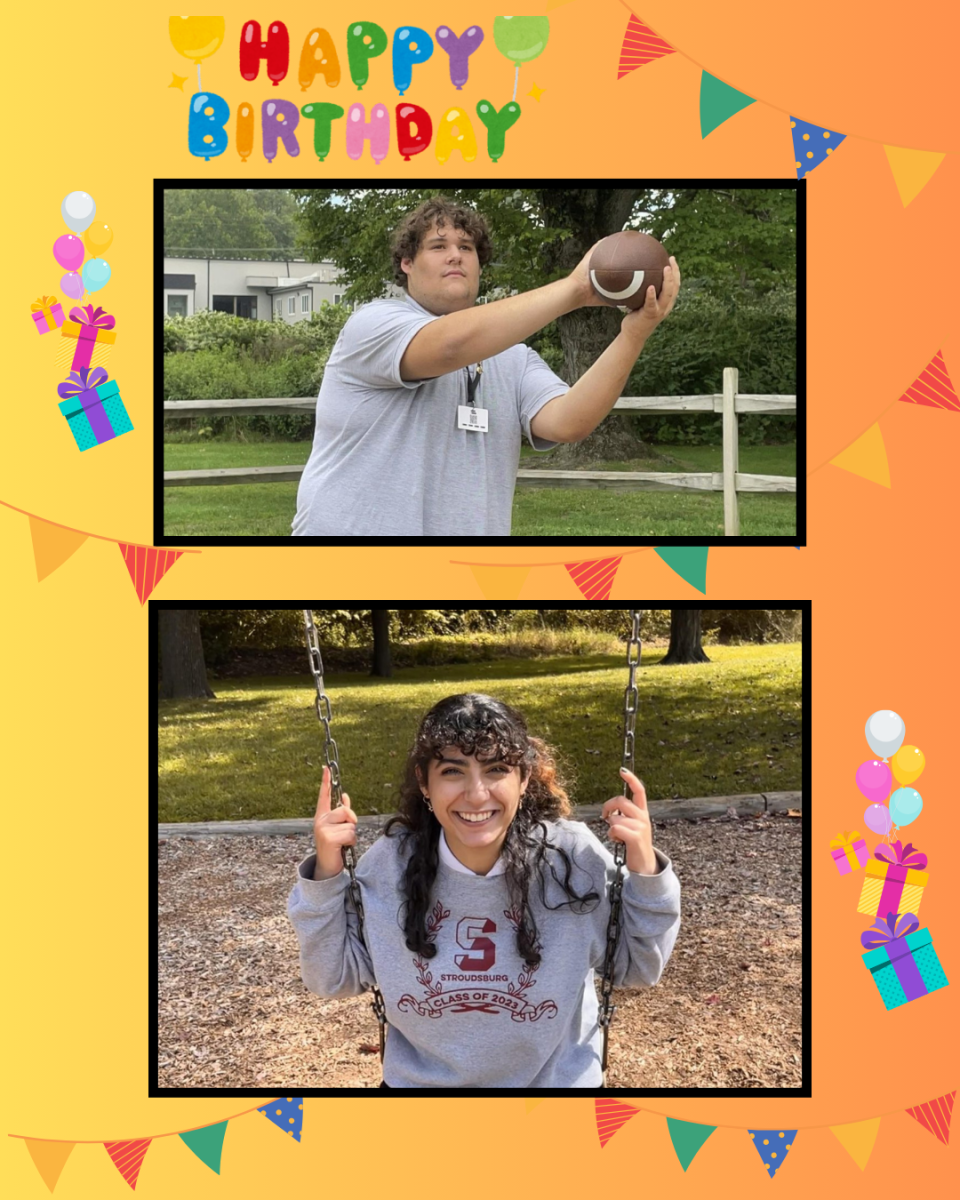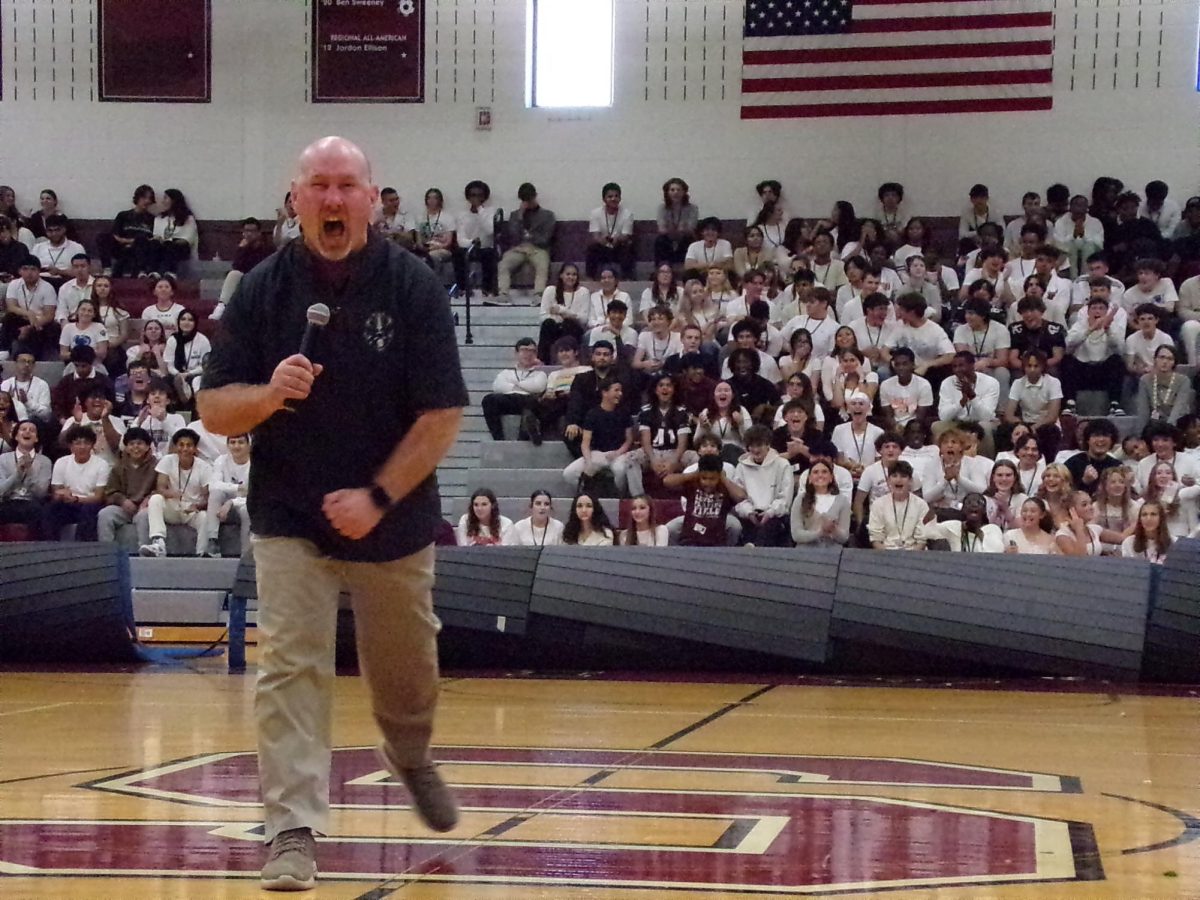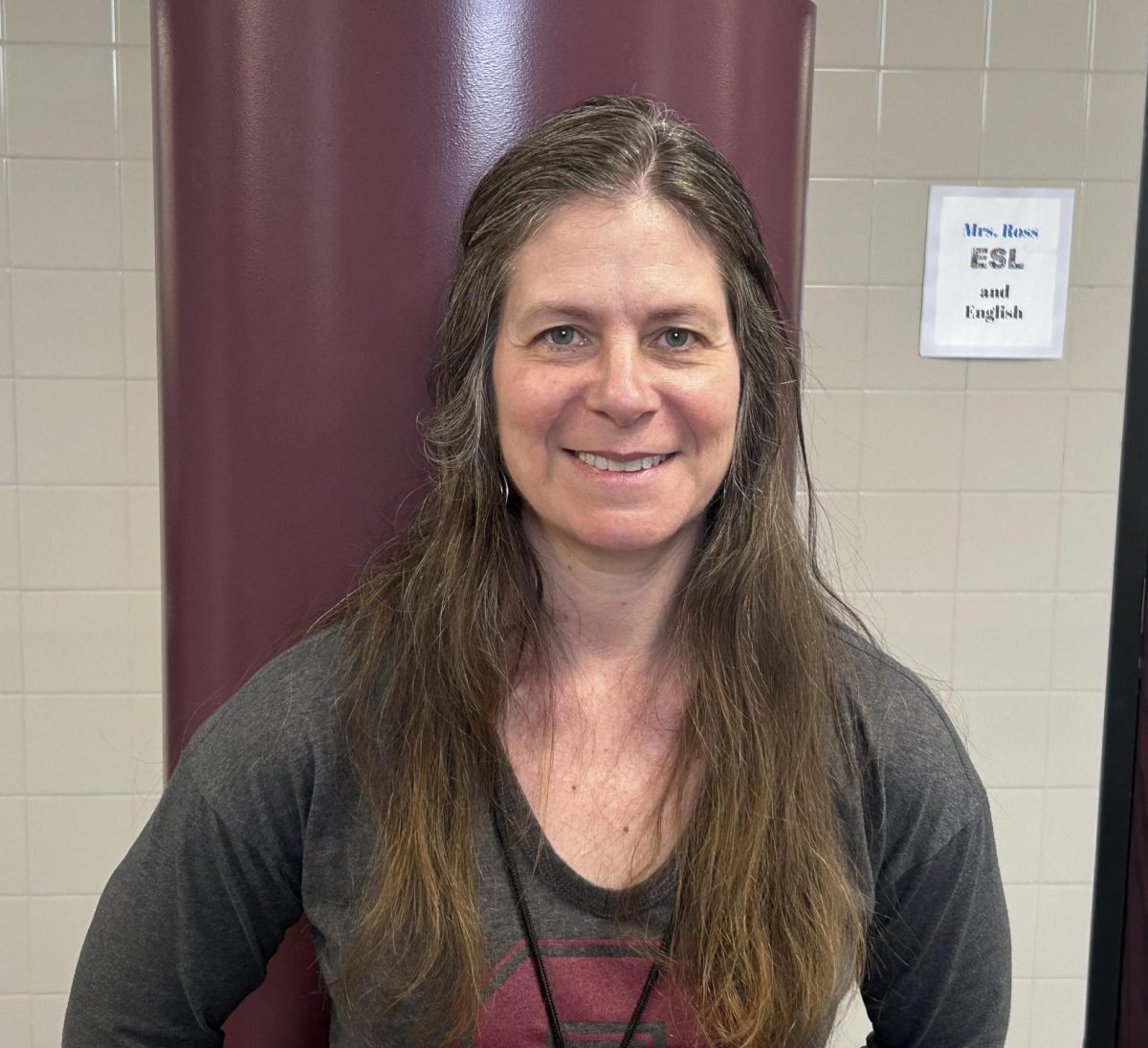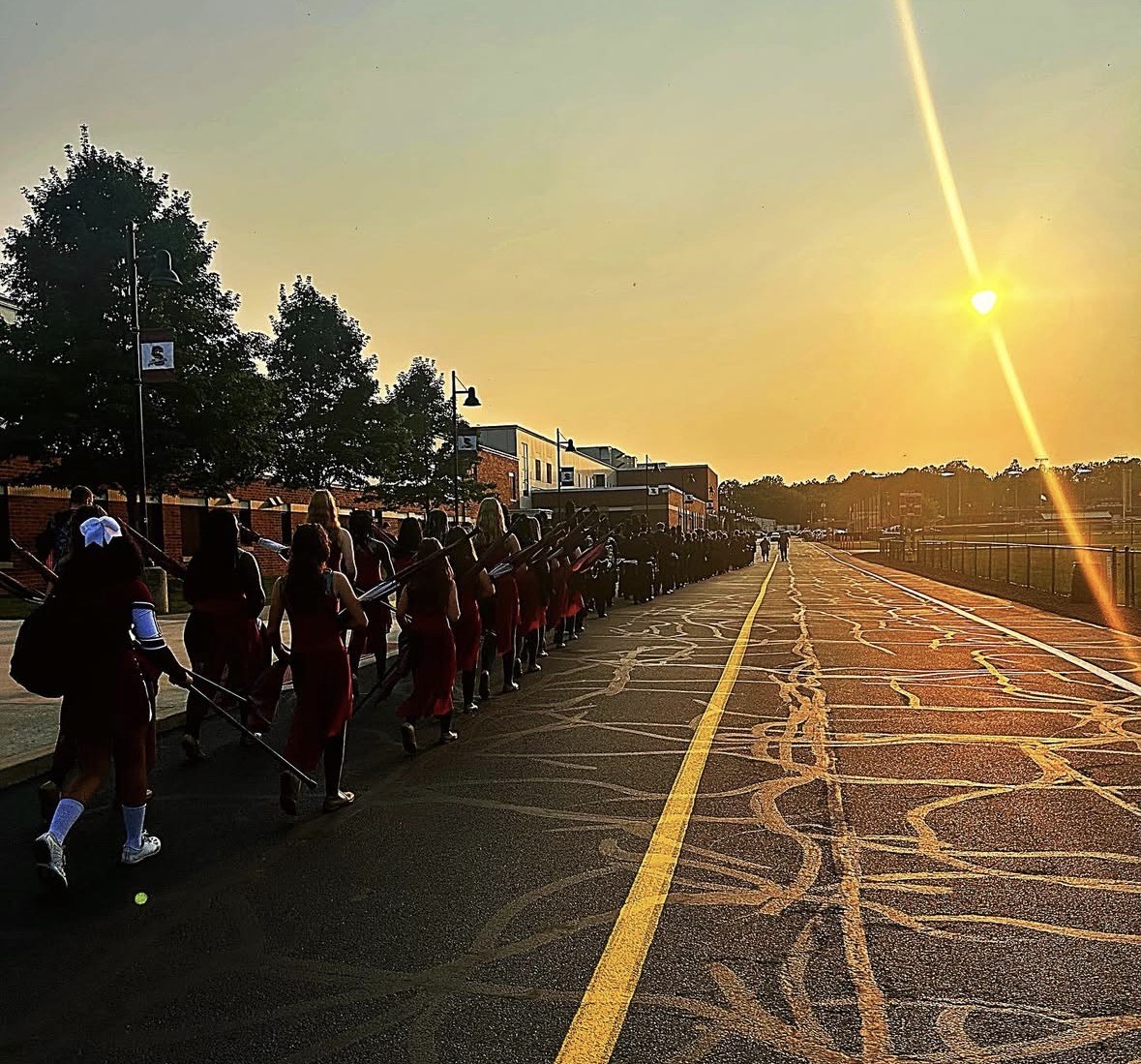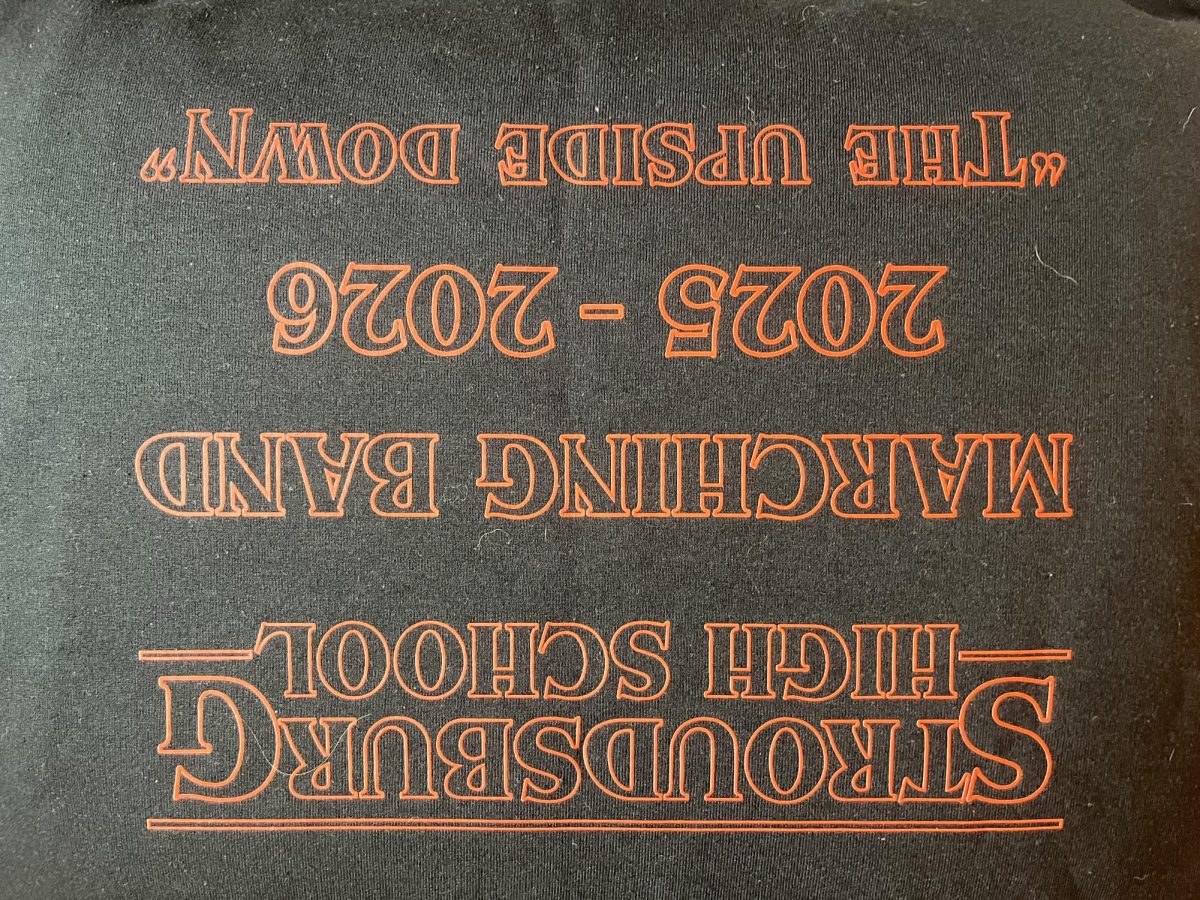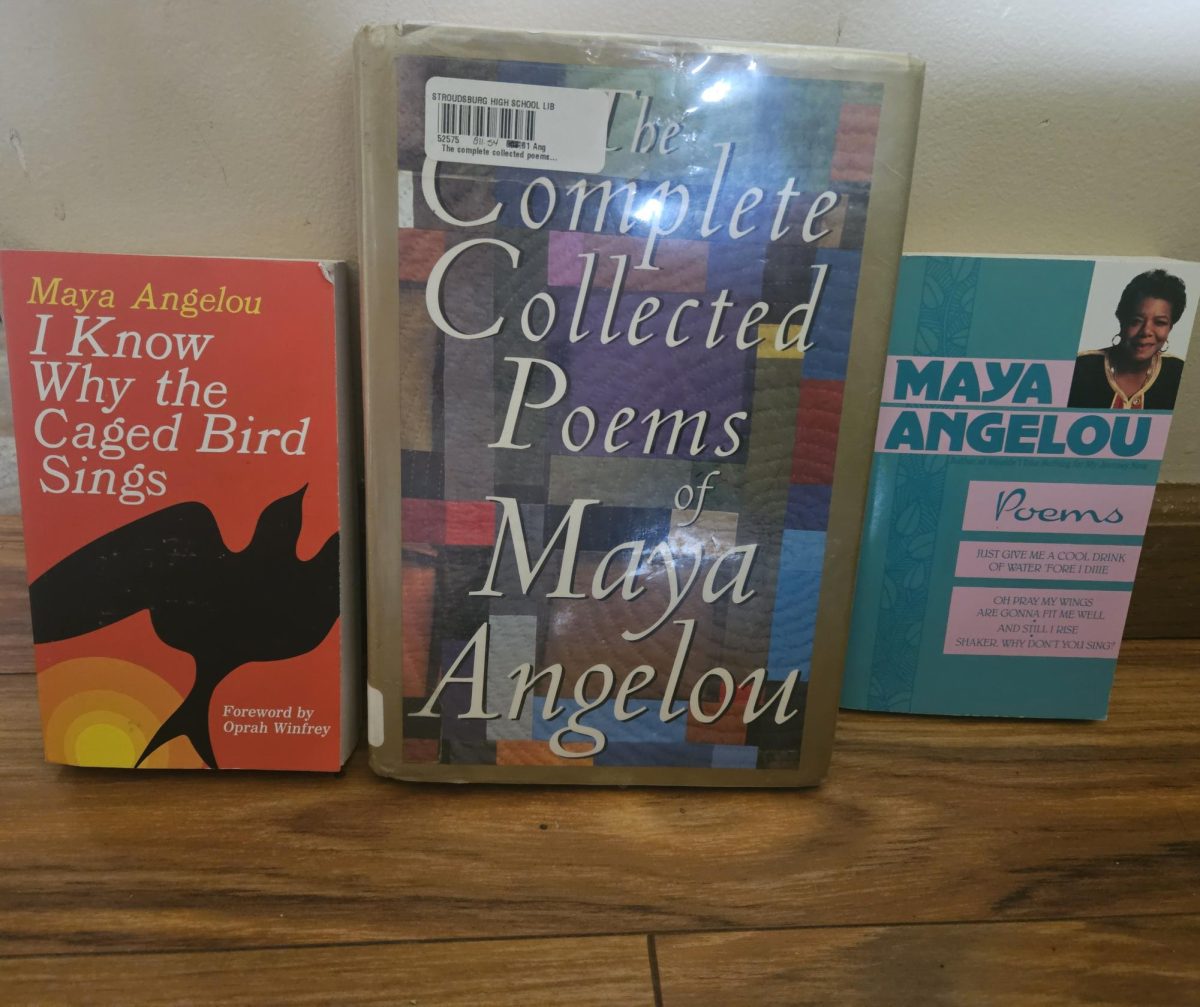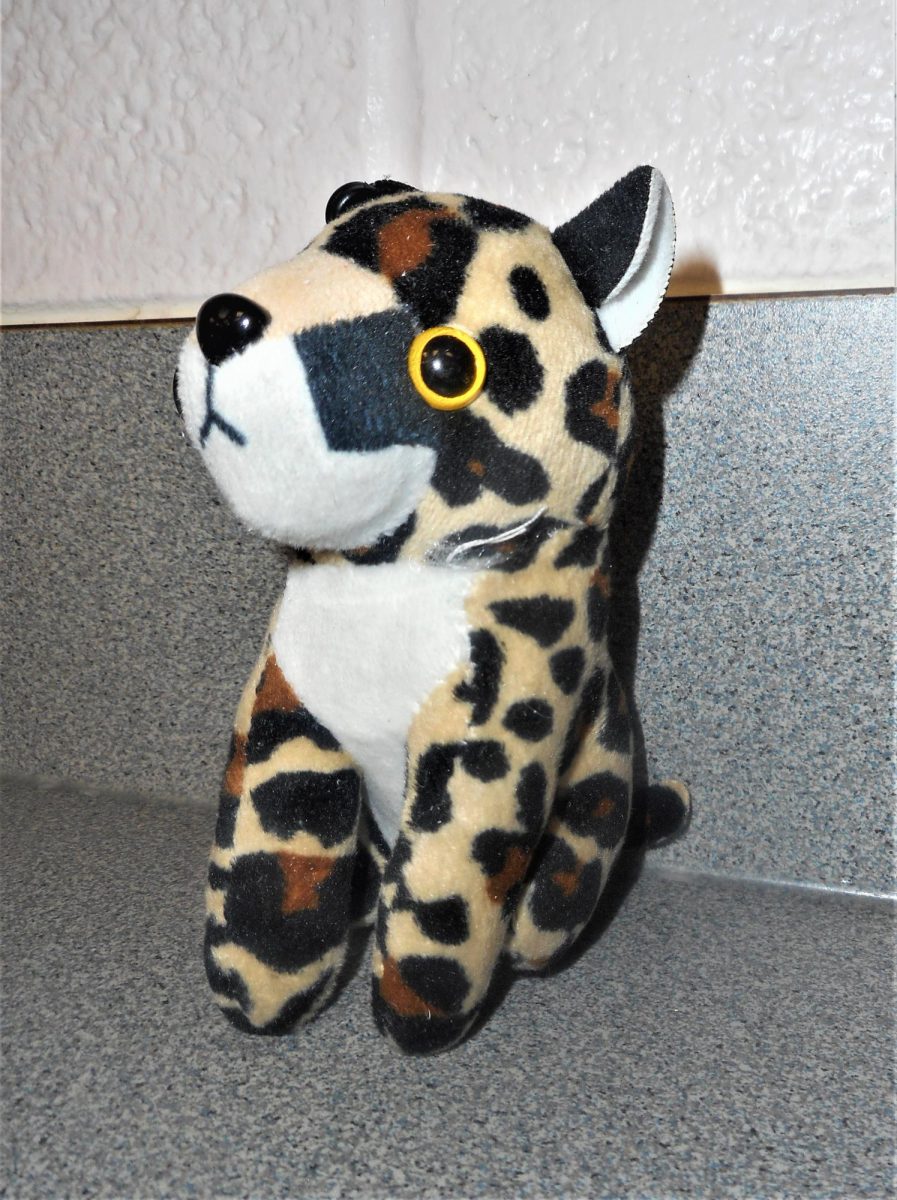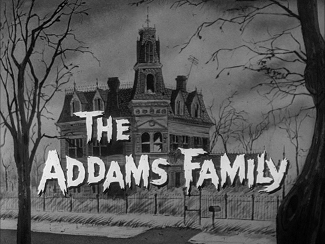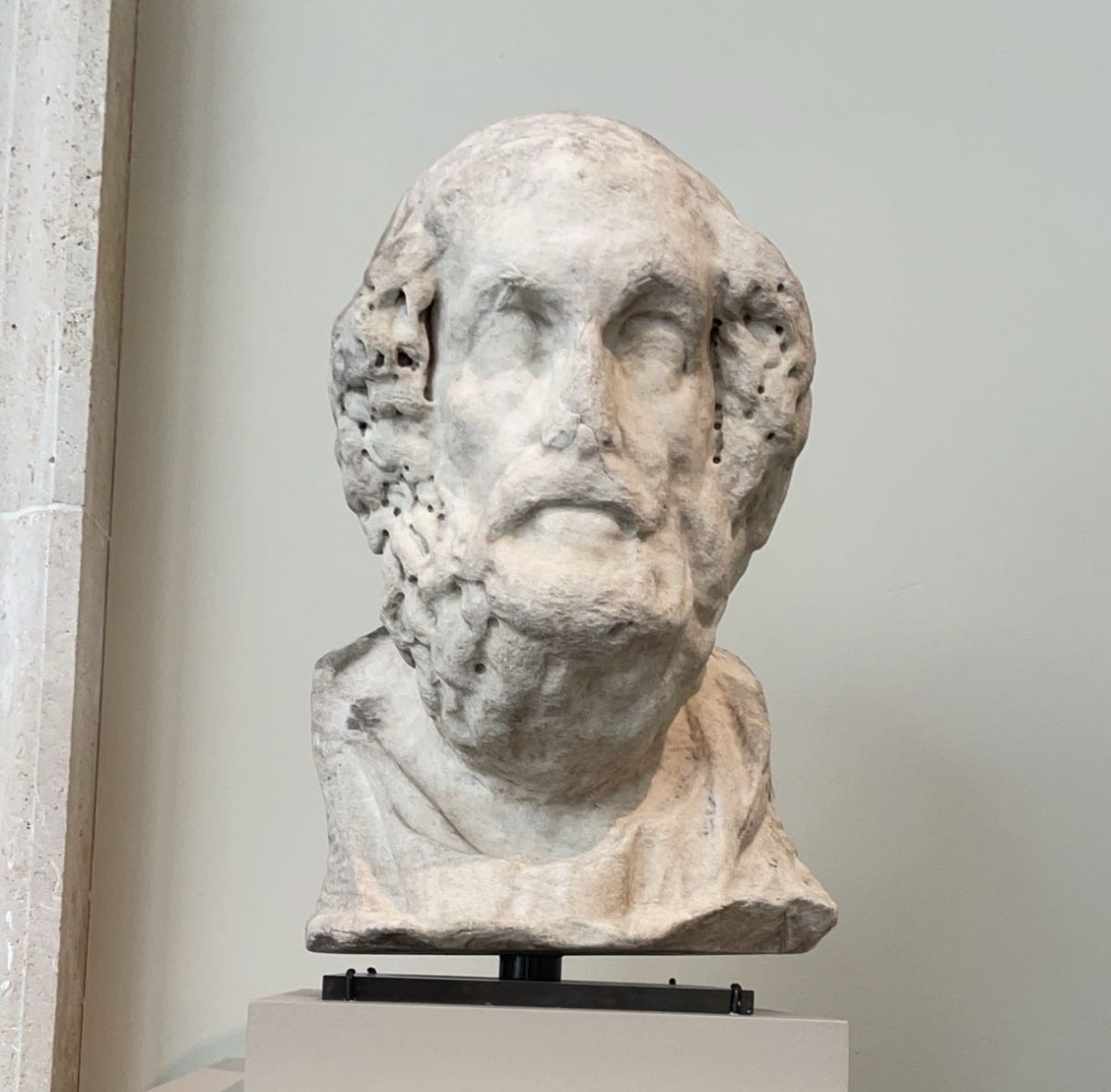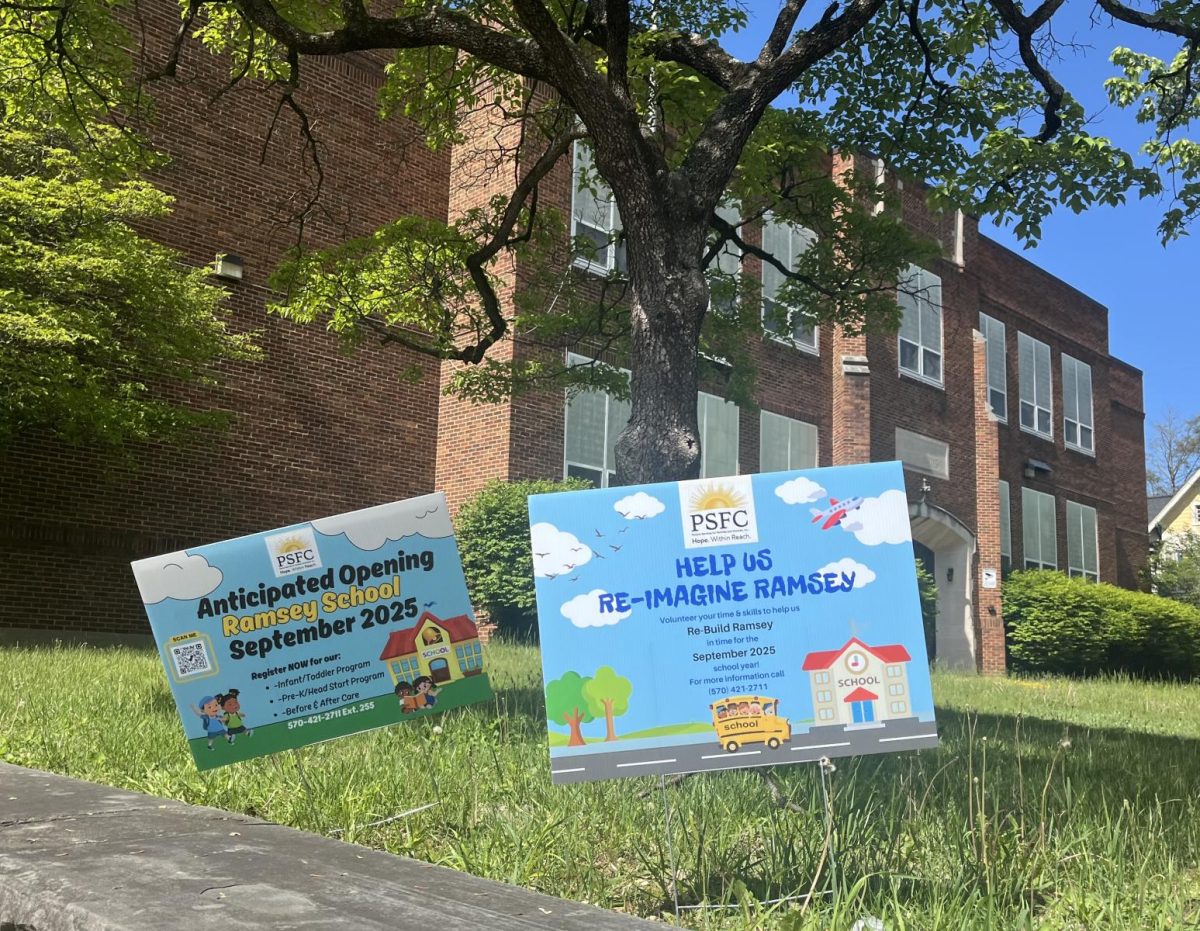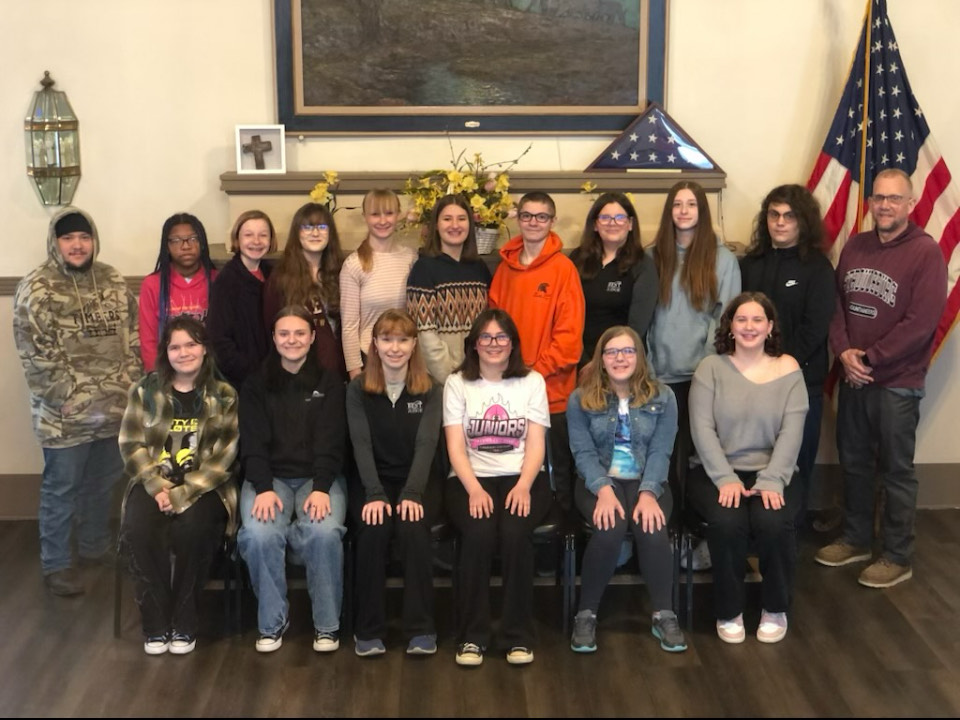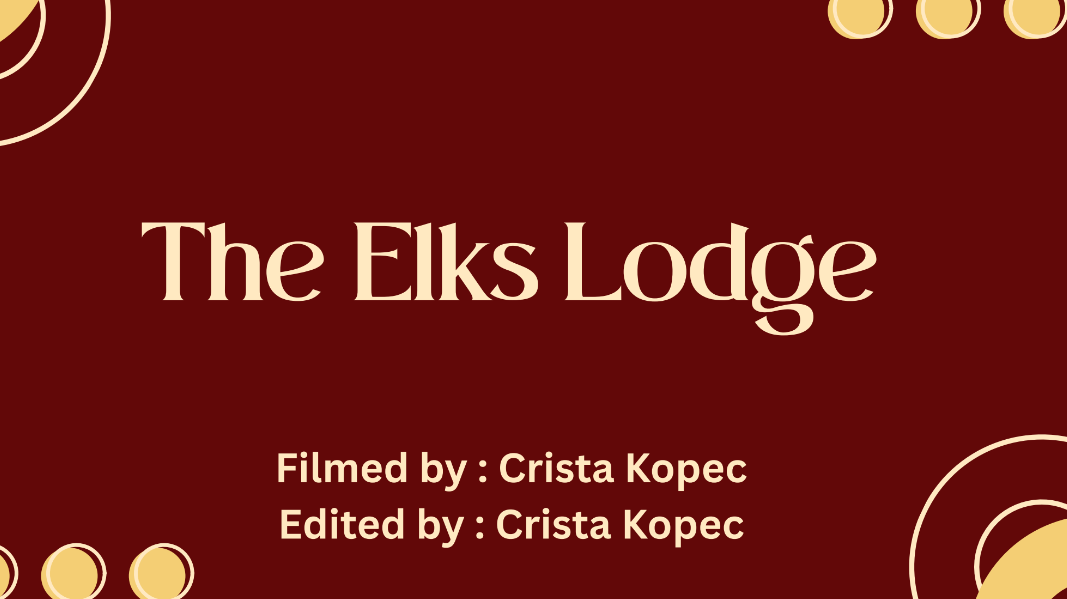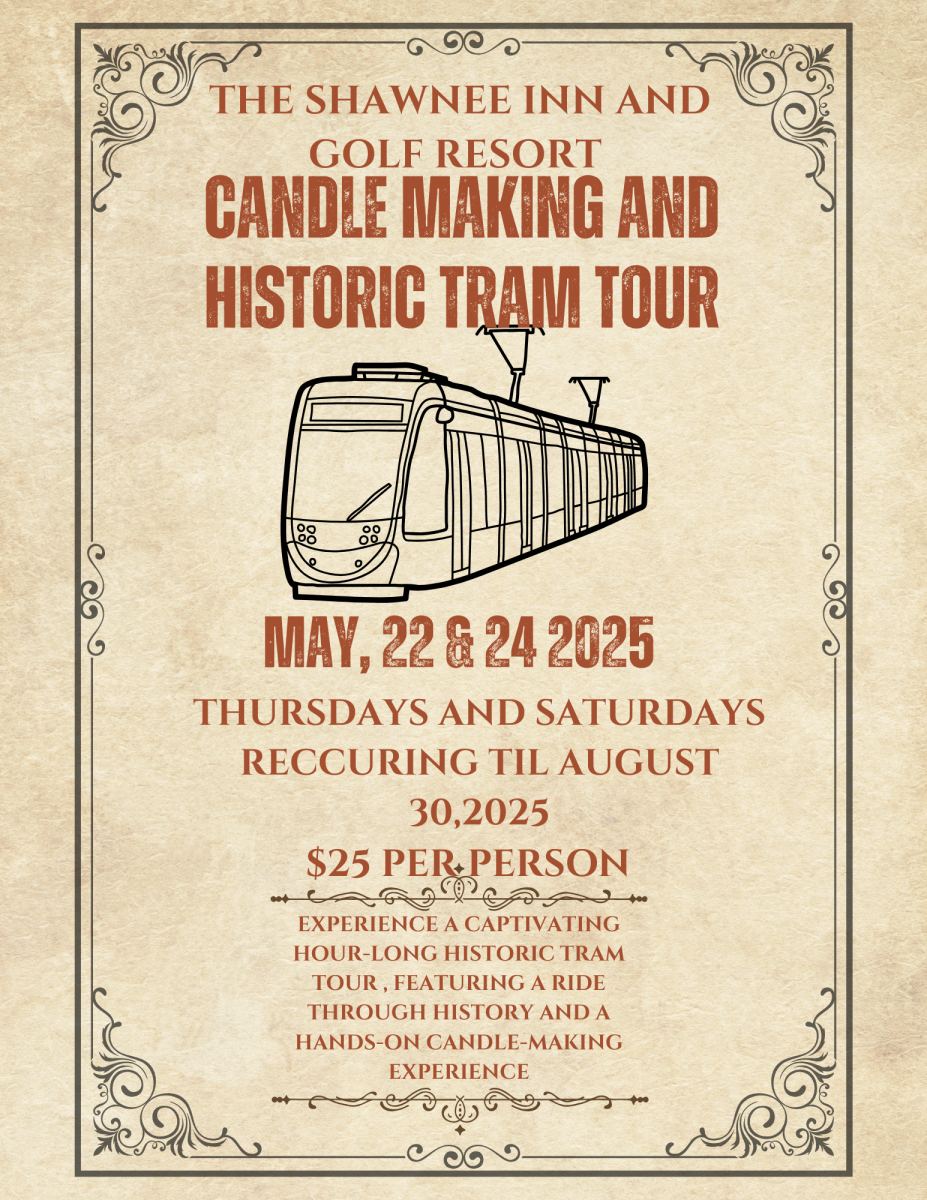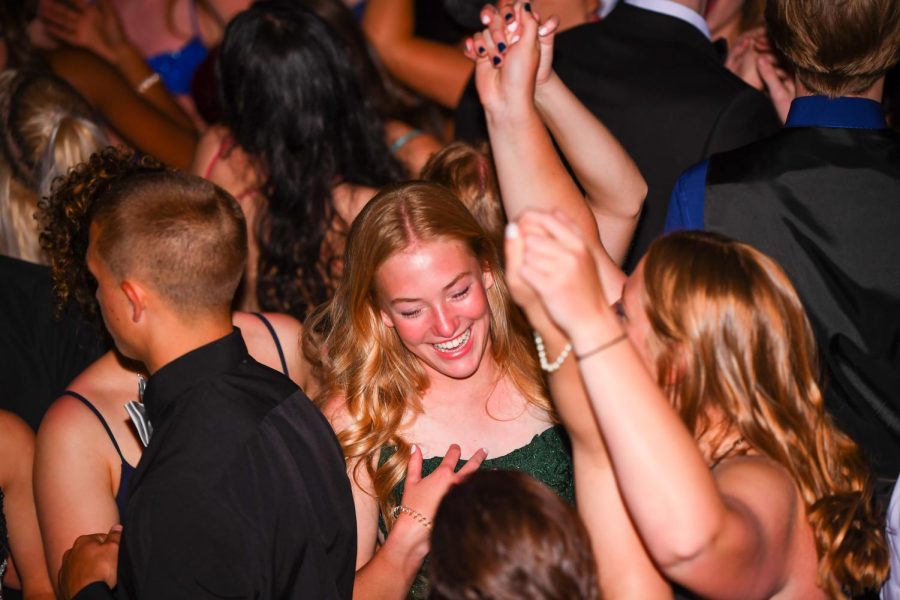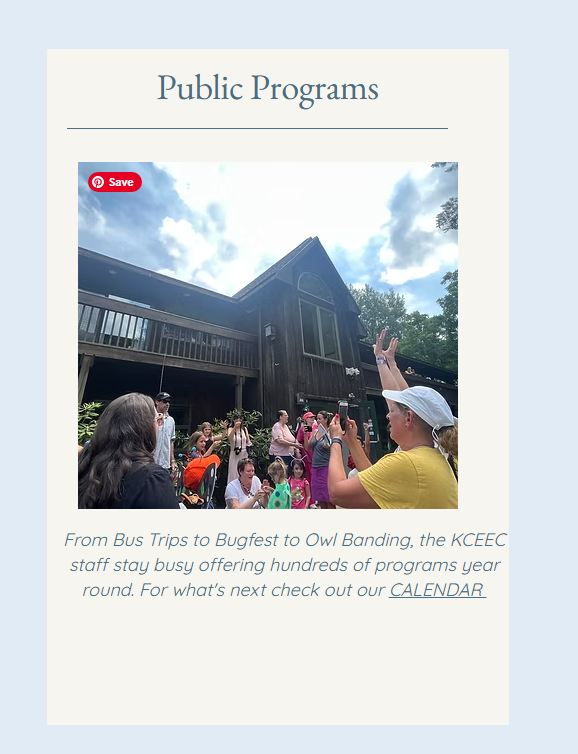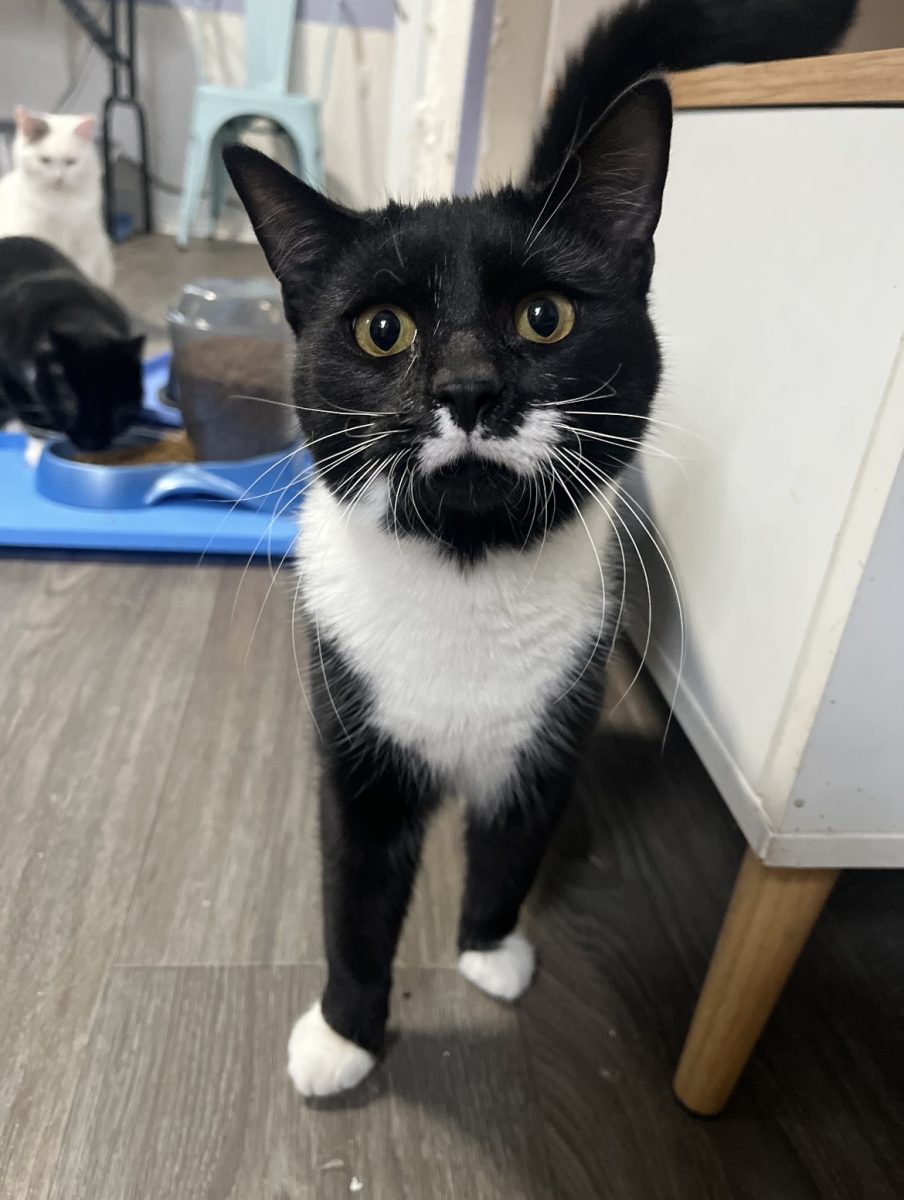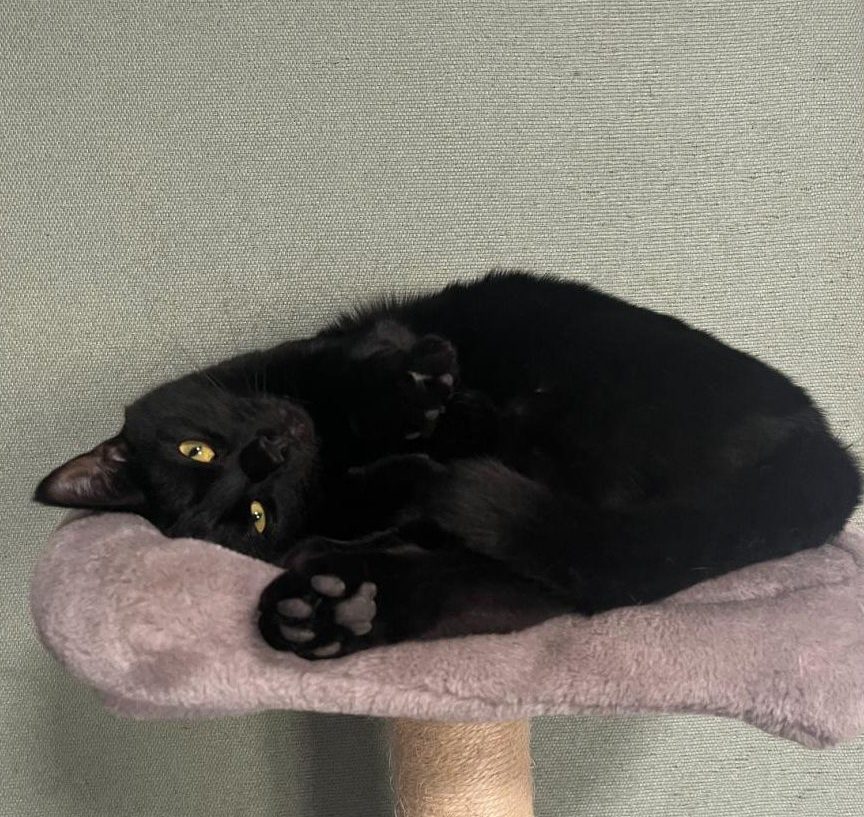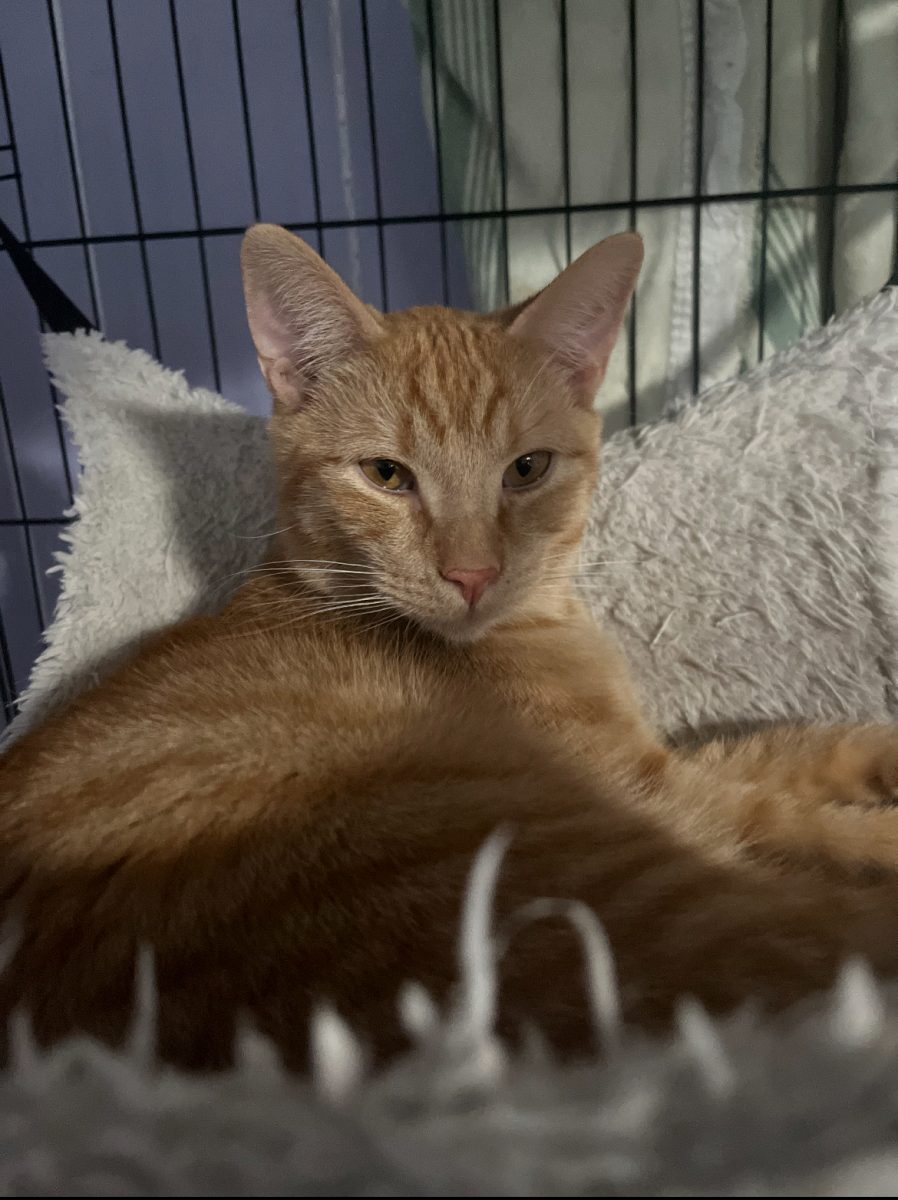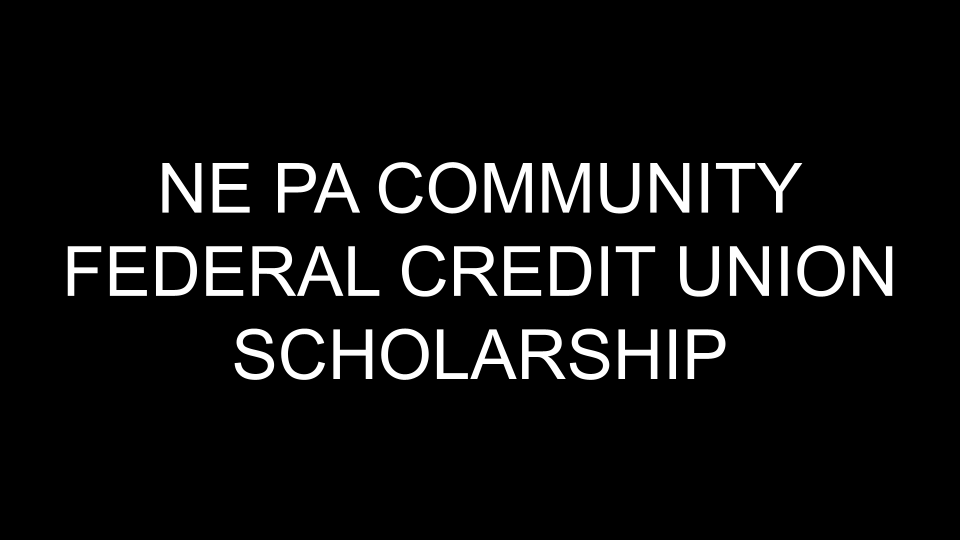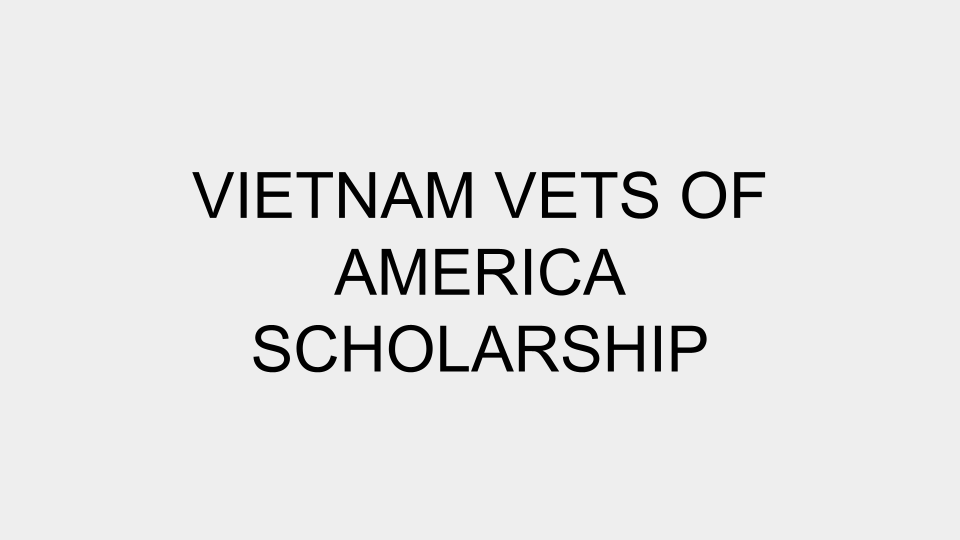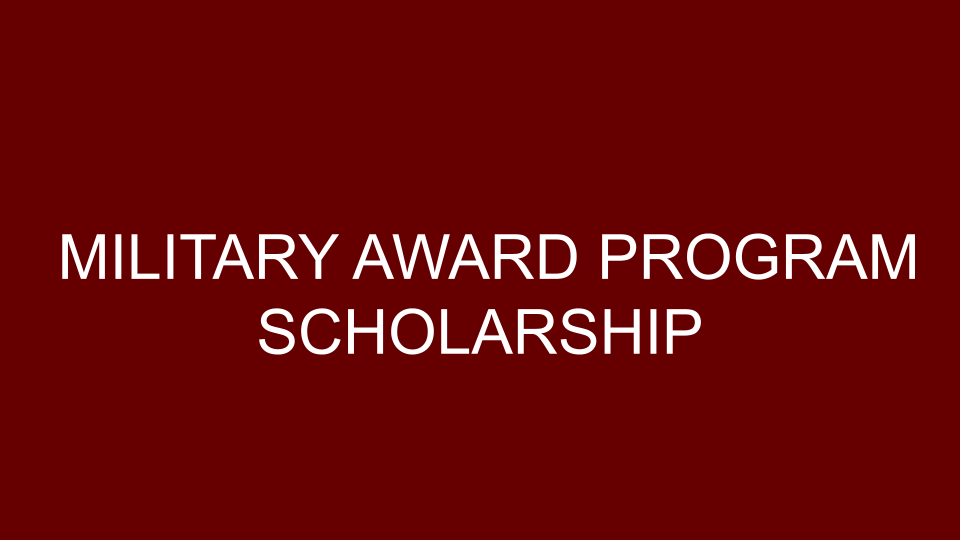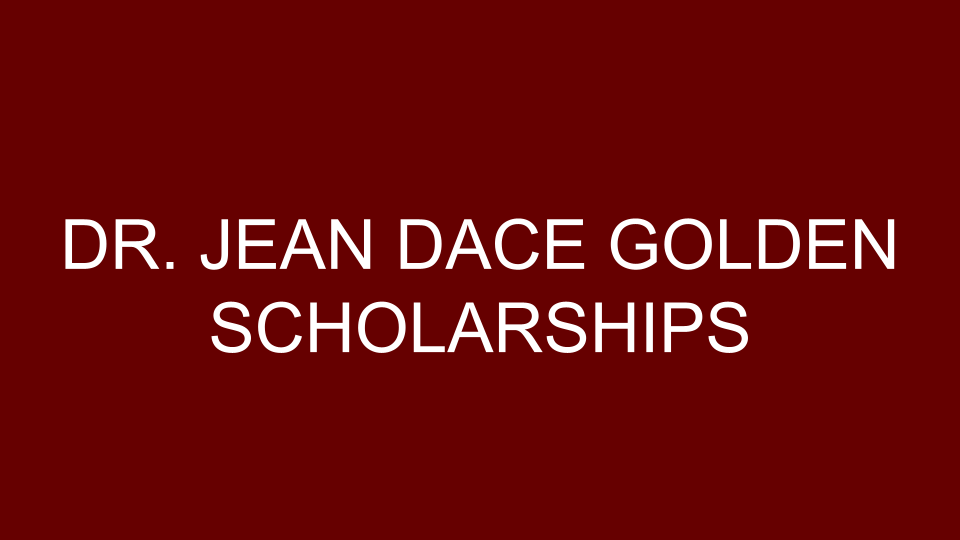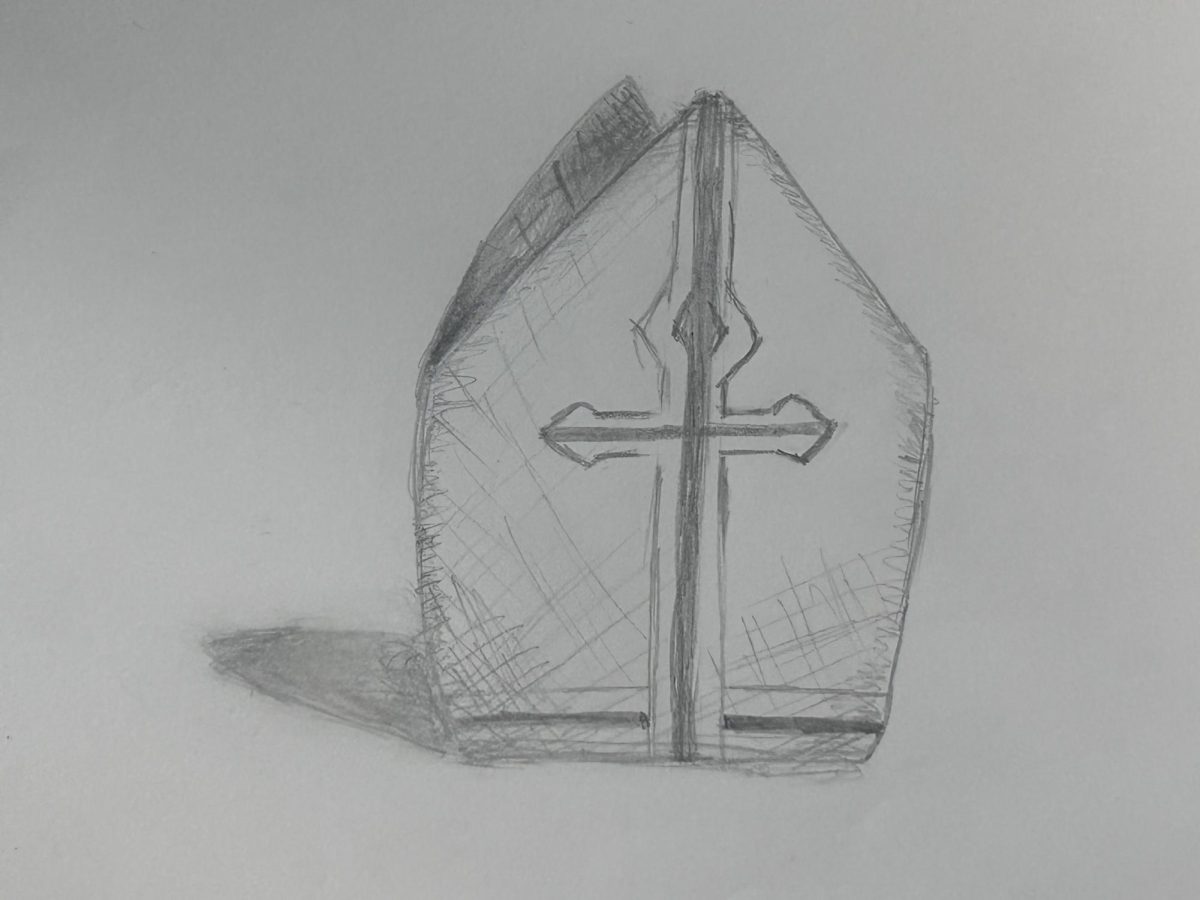Shocking news arose on the Monday after Easter (April 21, 2025) as it was announced Pope Francis had passed away.
Jorge Mario Bergoglio, better known as Pope Francis, was born on Dec. 17, 1936, and lived for 88 years after battling double pneumonia.
According to Vatican News, Cardinal Kevin Farrell, Camerlengo of the Holy Roman Church, announced the beloved Pope’s death saying, “Dearest brothers and sisters, with deep sorrow I must announce the death of our Holy Father Francis. At 7:35 this morning, the Bishop of Rome, Francis, returned to the house of the Father. His entire life was dedicated to the service of the Lord and of His Church. He taught us to live the values of the Gospel with fidelity, courage, and universal love, especially in favor of the poorest and most marginalized. With immense gratitude for his example as a true disciple of the Lord Jesus, we commend the soul of Pope Francis to the infinite merciful love of the One and Triune God.”
The funeral was internationally broadcast and interrupted regular programming on April 26, 2025. People from around the world mourned their beloved Pope.
Now the search for his replacement begins.
For those who aren’t Catholic, they may not understand what a Pope is, why Pope Francis was so historic, and how they go about picking a new Pope.
What is a pope?
The word “pope” comes from the Roman word “papa,” meaning father, according to Britannica. The title has been around since the ninth century CE, referring to the bishop of Rome and leader of the Roman Catholic church. The title used to be given to all bishops and some priests as a sign of respect and affection, but this is less common today.
In Catholicism, the Pope “is regarded as the successor of St. Peter, who was head of the Apostles of Jesus” as a result the Pope is “seen to have full and supreme power of jurisdiction over the universal church in matters of faith and morals, as well as in church discipline and government.”
The papal primacy is what implements this rule and gives the Pope authority.
Britannica explains, “The understanding of papal primacy developed as the church developed, two notable factors being the role of Rome as the imperial city until the fifth century and the religious and political role of the bishop of Rome afterward.”
The Pope is in charge of the Holy See, the Roman Catholic Church’s government, and therefore makes decisions of faith and morality. The Pope teaches this morality to the church’s bishops.
What did Pope Francis believe?
Elected on March 13, 2013, Pope Francis was the two hundred sixty-sixth Pope. He was chosen as the successor of Pope Benedict XVI after Benedict’s resignation on February 28, 2013.
From the moment he was elected, Francis worked to improve the church.
According to The New Yorker, in 2014, he encouraged people to go to confession and lead by example. Francis notably didn’t hold himself above the rules of the church.
Francis also spoke out on human rights and humanitarian efforts.
“He represented a lot for the Church to be more open-minded,” commented Jennifer Batt. “The fact he would go into public and wash people’s feet, have dinner with homeless people, bless a disabled child, he always worked towards those who needed it most.”
He spoke on making the church accepting to women who have had abortions, and while he didn’t approve of it (comparing it to euthanasia), he also critiqued U.S. bishops who denied Holy Communion to President Joe Biden because of his abortion-rights stance. PBS states Francis claimed “bishops should be pastors, not politicians.”
Francis made a stance against contraception, but made a point to say that there were other ways to avoid unwanted pregnancies. Yet in 2016, when women were threatened with the Zika virus, he stated that these women could use artificial contraception because “avoiding pregnancy is not an absolute evil” when faced with these circumstances.
He held a similar pro-life stance on the death penalty, stating it should not be an option, no matter the crime.
After making a mistake in which he had defended an abuser, Francis called the victims to the Vatican, where he apologized in person. Francis then “brought the entire Chilean bishops conference to Rome where he pressed them to resign.” Soon after, he “defrocked former U.S. Cardinal Theodore McCarrick after a Vatican investigation determined he abused minors as well as adults.”
Francis later made history by passing “church laws abolishing the use of pontifical secrecy and establishing procedures to investigate bishops who abuse or cover up for predator priests.”
He spoke on divorce, making it easier to get annulments and even “divided the church by issuing an opening to divorced and civilly married Catholics to receive Communion.”
On a more political note, he made stances on capitalism, frequently denouncing “the economic systems that ‘idolize’ money over people and clear distaste for U.S.-style capitalism.”
He went on record stating
In retaliation to capitalism, Francis called for “universal basic income, dignified wages and working conditions, and said that while globalization had saved many from poverty, ‘it has condemned many others to die of hunger because it’s a selective economic system.'”
In his time as Pope, Francis had claimed: “Money has to serve, not rule.”
He also went out of his way to question the kinds of people who are in our government. Brainy Quote shows he once stated: “Every man, every woman who has to take up the service of government, must ask themselves two questions: ‘Do I love my people in order to serve them better? Am I humble and do I listen to everybody, to diverse opinions in order to choose the best path?’ If you don’t ask those questions, your governance will not be good.”
Pope Francis had also claimed, “You cannot be in a position of power and destroy the life of another person.”
He spoke on the environment in 2015, becoming “the first Pope to use scientific data in a major teaching document by calling global warming a largely human-caused problem.”
In 2018, Francis ended a decades-long dispute with bishops in China and “regularized the status of a half-dozen Chinese bishops who had been consecrated without papal consent.”
When COVID hit in 2019, Francis used the tragedy to encourage everyone to defend the most vulnerable. He claimed there would have to be a reset of priorities and was pro-vaccination, stating that the poor should be the priority since they were the most at risk.
PBS explains, “The Vatican’s doctrine office said it was morally acceptable to be vaccinated, even with shots that used cell lines from aborted fetuses in research and production processes, putting Francis at odds with conservatives who refused the shots on moral grounds.”
He also encouraged everyone to be more welcoming to immigrants and in 2016, “brought a dozen Syrian refugees to Rome with him from a camp in Greece and repeated the gesture in 2021 while visiting Cyprus and Greece.”
More changes he made to the church include opening more opportunities for women in religious circles.
Francis made an “Italian nun as prefect of the Vatican office for religious orders and another Italian nun as head of the Vatican City State administration, two jobs previously held only by cardinals.” He then named a “French nun as an undersecretary in the Vatican Synod of Bishops’ office, giving her a vote in the previously all-male process and opened up the synod itself to voting women members.”
More so, Francis “named three women to the Vatican office that vets bishop appointments” and “appointed women to half the seats on the Vatican’s economic council, appointed two study commissions into whether women could be ordained deacons, put Mary Magdalene on par with the male apostles by declaring a feast day for her, and formally allowed women to serve as lectors and acolytes, services previously open to them on an ad hoc basis.”
Francis also made a point to apologize for the crimes against Indigenous peoples during the colonial and post-colonial conquest of the Americas.
In 2015, he apologized in Bolivia and again in 2022 in Canada for “the church’s role in the forced assimilation of Indigenous children in church-run residential schools.”
Francis made history in 2013 by saying, “Who am I to judge?” when asked about the LGBTQ+ community. He made a point to spread the word that God loves everyone, including queer people, and that “being homosexual is not a crime,” and everyone is welcomed in church.
During his time as Pope, the Vatican reversed its traditional stance, recommending that “transgender people could be baptized, serve as godparents and witnesses at weddings, and approve same-sex blessings.”
While he did a lot in helping people accept the queer community, Francis didn’t change church teaching stating that homosexual acts are ‘intrinsically disordered.'”
Who will be the next Pope?
According to Britannica, the next Pope will be elected through a process known as the papal conclave. During this process, “cardinal electors gather in Vatican City and sequester themselves to vote for the next pope.”
Only cardinals under 80 years old can vote for the new Pope in a conclave, which is ” held in strict seclusion inside the Sistine Chapel of the Vatican Palace.” They choose from among their fellow cardinals, though there is no law that says the next Pope must be a cardinal.
Through the process, several rounds of voting occur before the cardinals reach the two-thirds majority required to elect a Pope. After he is selected, the new Pope chooses a papal name, and his election is announced to the public.”
Upon entering, they are sworn to an oath of secrecy. Britannica explains, “Pope Paul VI established a nominal limit of 120 electors in 1975, but all age-eligible cardinals are expected to have the right to vote, even if the number exceeds 120.”
At the end, everyone except the electors leaves the chapel. Voting is done by a secret ballot, with a two-thirds majority needed to elect a new Pope.
“One ballot is held on the first day, and up to four ballots are conducted on each subsequent day—two in the morning and two in the afternoon,” explains Britannica. “Each elector writes the name of his chosen candidate on a ballot paper, which is recorded, threaded together for security, and later burned.”
Once the voting is confirmed, the new Pope consents to the election and chooses a papal name.
The election is signaled to the public with white smoke released through a pipe in the chapel’s roof. Black smoke indicates they haven’t chosen one yet.
The senior cardinal deacon will then announce “the new pope from the balcony of St. Peter’s Basilica with the Latin proclamation “Habemus papam” (“We have a pope”), and the pope addresses and blesses the city and the world, delivering a message traditionally titled ‘Urbi et orbi’).”
According to The Week, the most popular runners for the next Pope are:
Cardinal Pietro Parolin, Italy- He’s a 70-year-old Italian cardinal and Pope Francis’ former secretary of state. He’s mostly known for “brokering both the US-Cuba thaw, 10 years ago, and the 2018 Vatican-China agreement.”
Cardinal Luis Antonio Tagle, Philippines- He’s a 67-year-old cardinal who “has long been a leading papabili among Vatican watchers and bookmakers.” If elected, Tagle will be the first Asian pope and the first pope fluent in English in history. It’s been described that “his left-leaning politics are similar to Pope Francis’ relatively progressive views on social justice issues.”
“I think a good candidate is Luis Antonio Tagle,” commented Victoria Campbell, ’25. “He has more progressive ideas, and as a world leader we need someone who will spread some positivity in the world.”
Cardinal Peter Turkson, Ghana- He’s a 76-year-old “multilingual biblical scholar.” He has long been considered a “charming and softly spoken” who’s a front runner, but his “relatively liberal views on homosexuality, ecology and social justice put him at odds with some fellow cardinals as well as bishops in his own country of Ghana.”
Cardinal Péter Erdő, Hungary- He’s an award-winning 72-year-old scholar. He’s more conservative than Francis. He was brought up ” under a communist regime” which resulted in his family fleeing Hungary “with just the clothes on their backs when invading Soviet troops burned down their house in 1956.” Some people believe he has “a possibly applicable skillset these days.”
Cardinal Matteo Zuppi, Italy- He’s a “69-year-old Archbishop of Bologna” who was considered close to Francis. The Week has expressed, “His extensive experience of conflict resolution saw him named Francis’ peace envoy for the war in Ukraine.” Though some people believe his “relative youth” may dissuade people from voting for him.
Cardinal Pierbattista Pizzaballa, Italy- He’s a 60-year-old “Latin Patriarch of Jerusalem was only appointed a cardinal in 2023,” and “has gone from a left field option in the conclave to one of the favourites.” He’s fluent in Italian, Hebrew, and English and has “spent decades leading Catholics in the Middle East, putting him in the spotlight at a time when events in Israel and Gaza are at the forefront of world and Church politics.”
Cardinal Mykola Bychok, Ukraine- The “wild card” due to his young age, a 45-year-old “Eparch of Saints Peter and Paul of Melbourne was made a cardinal by Pope Francis last year.” He has openly talked about many matters, including “the suffering of his fellow Ukrainians in the current war with Russia, and his Australian flock is largely composed of Greek Catholic refugees from the Balkan War and the conflict with Russia that broke out in 2014.”
So, who will be the next Pope? There’s no way to tell right now, but a new era is upon us.

